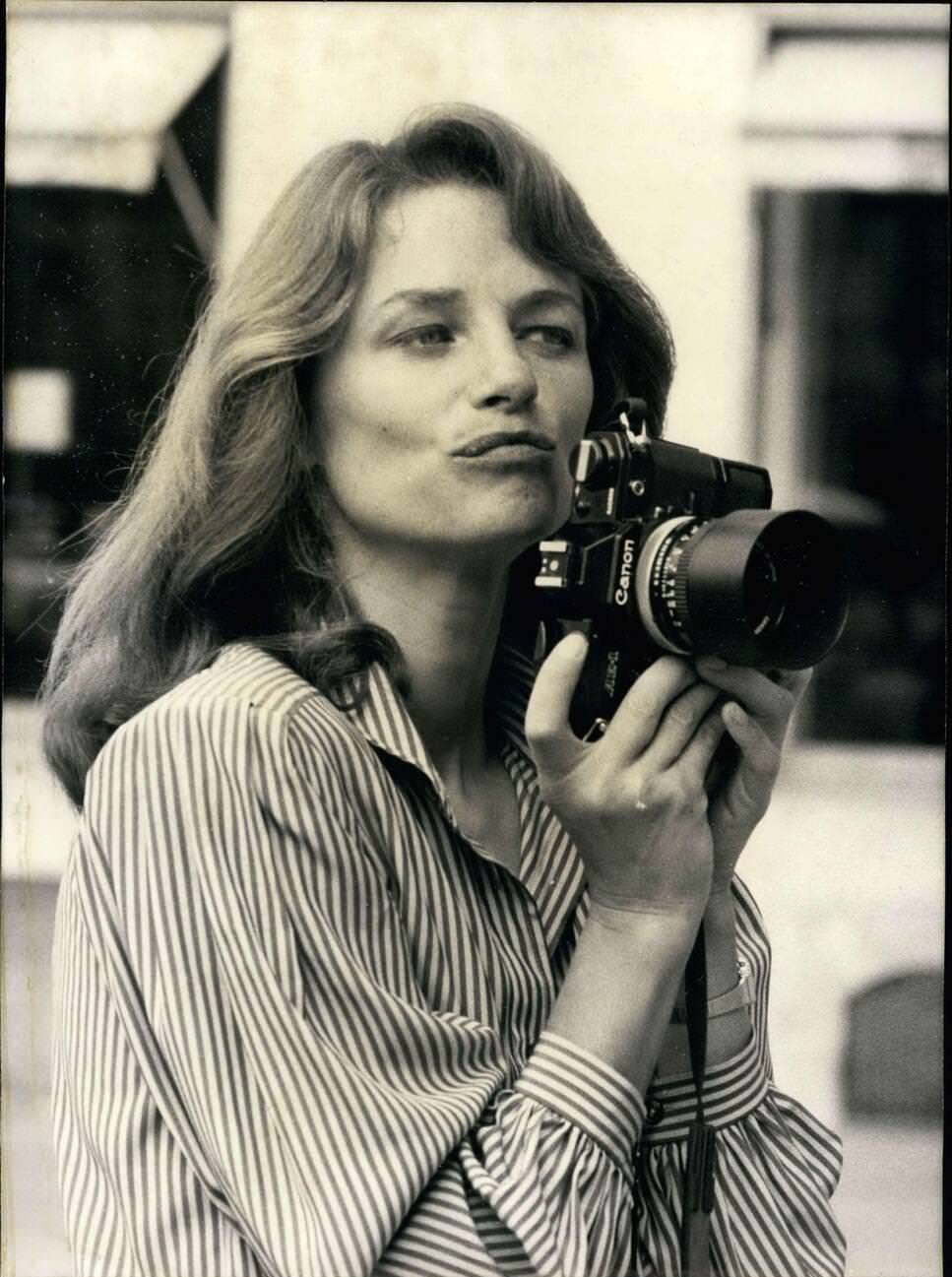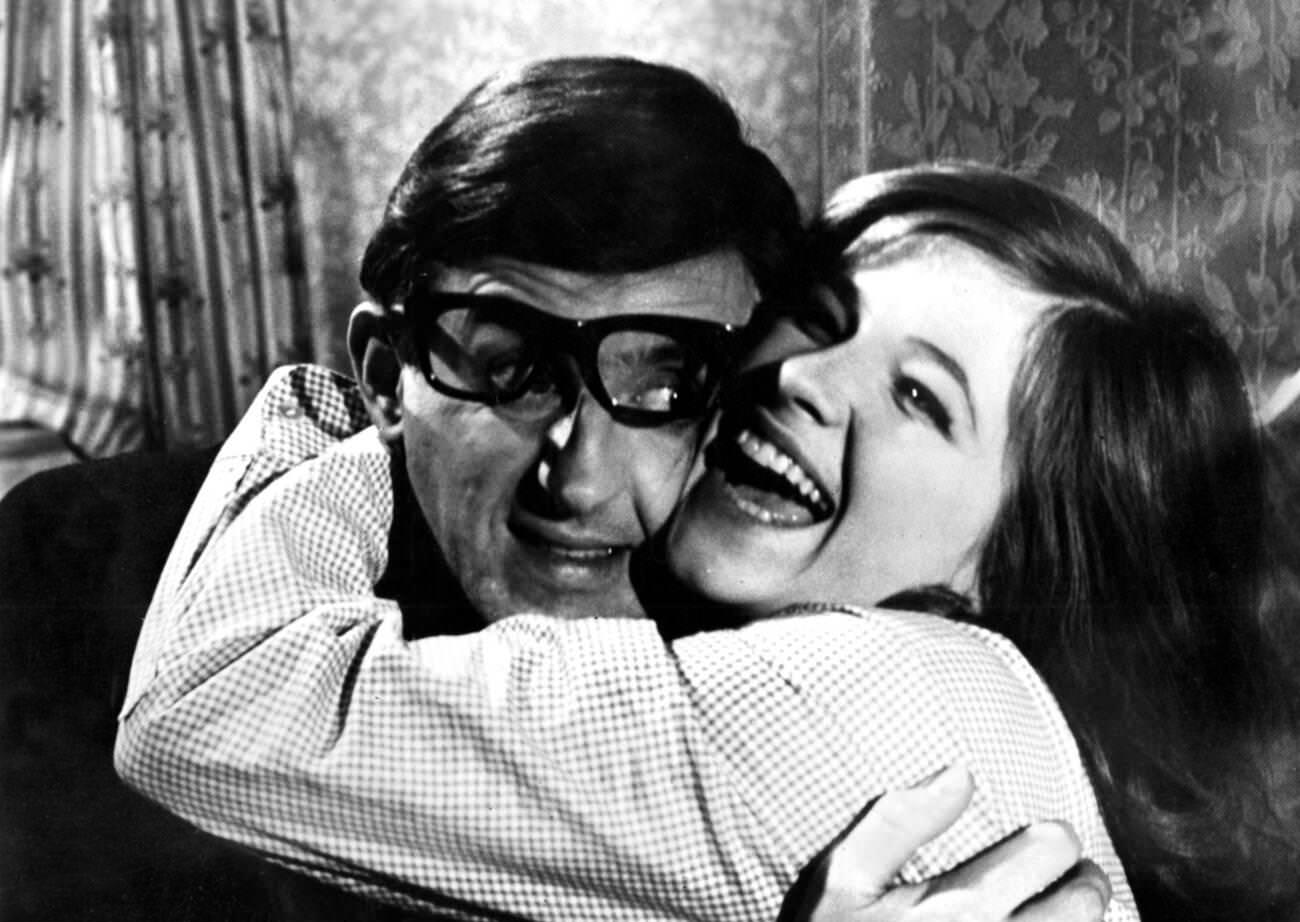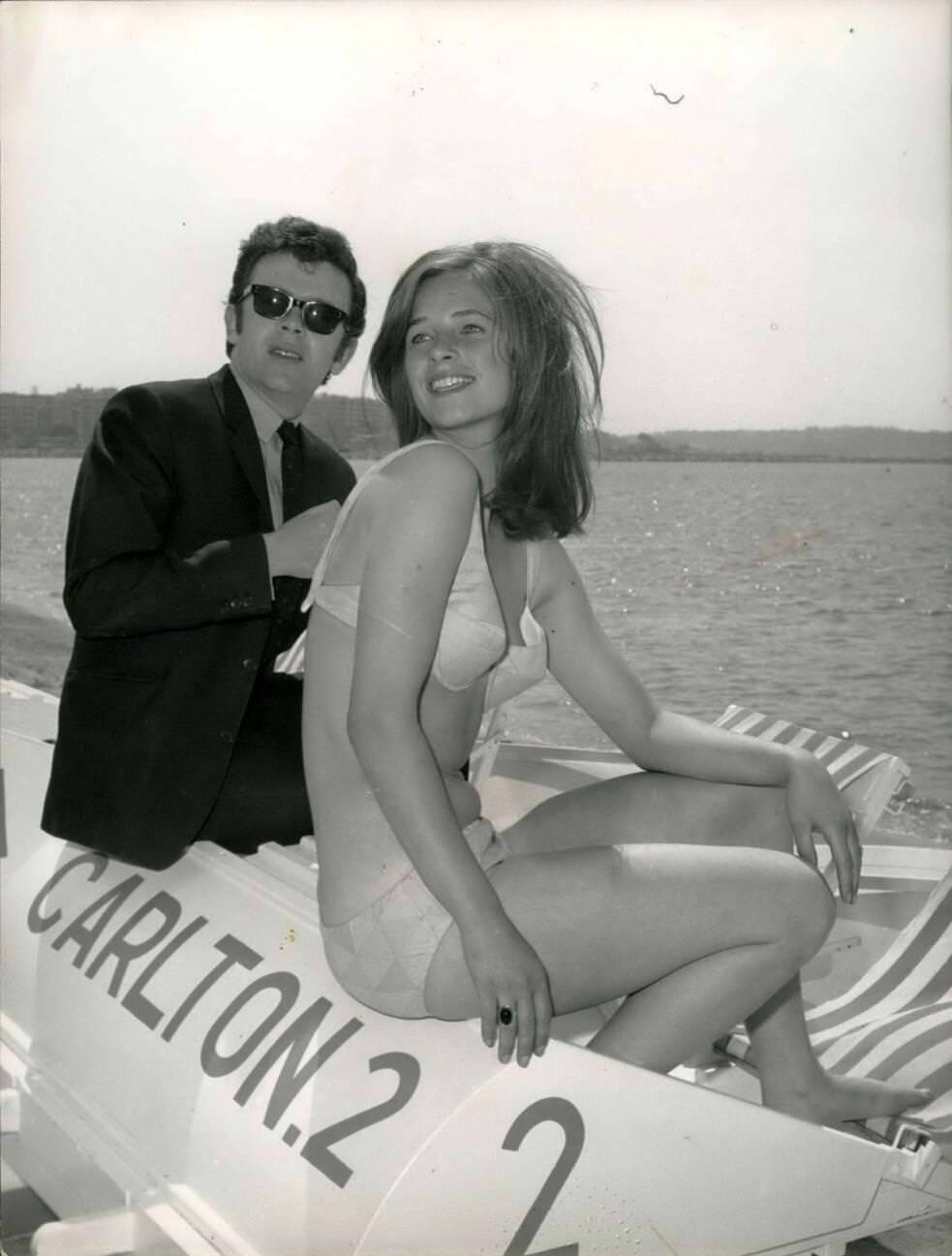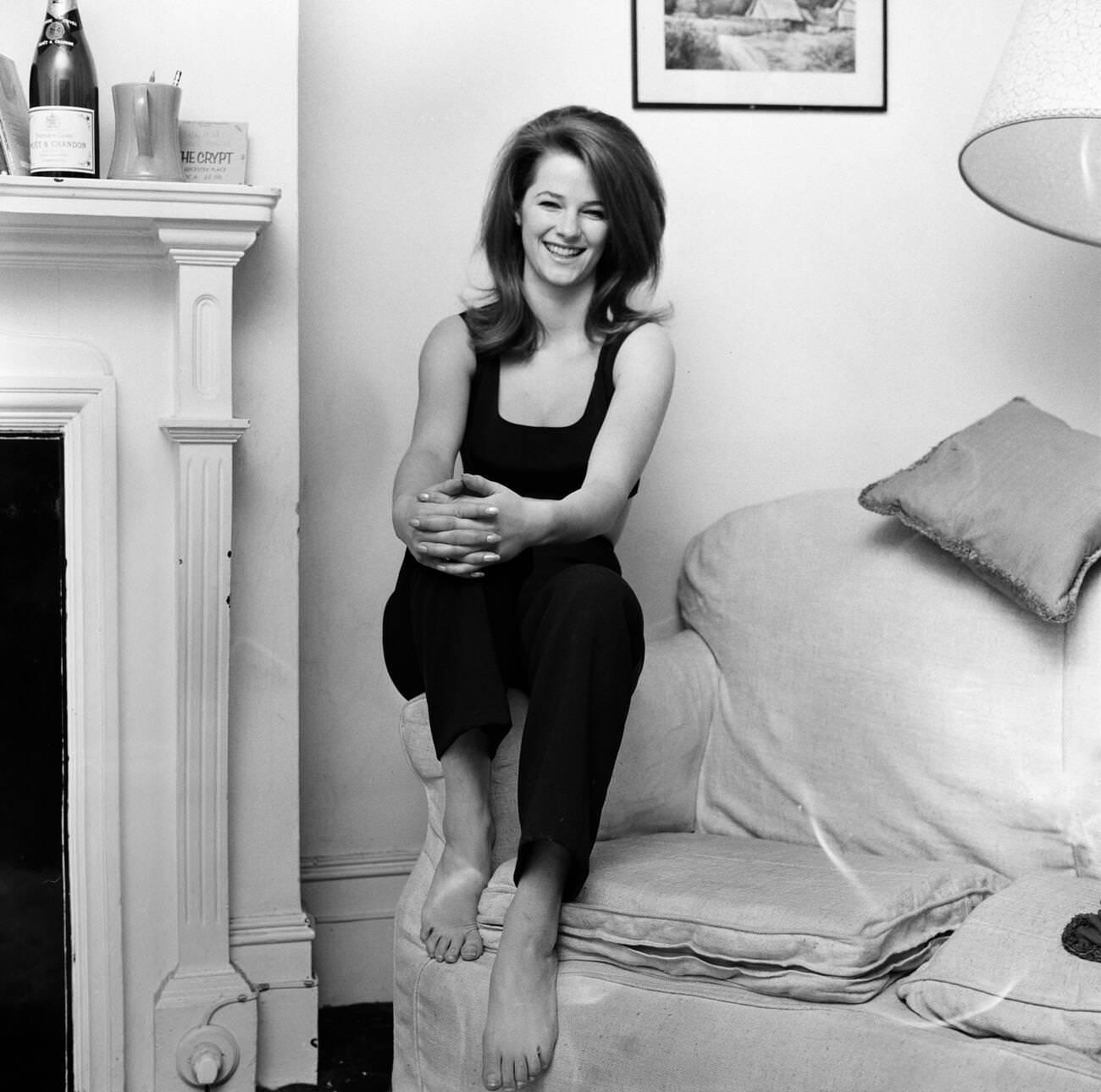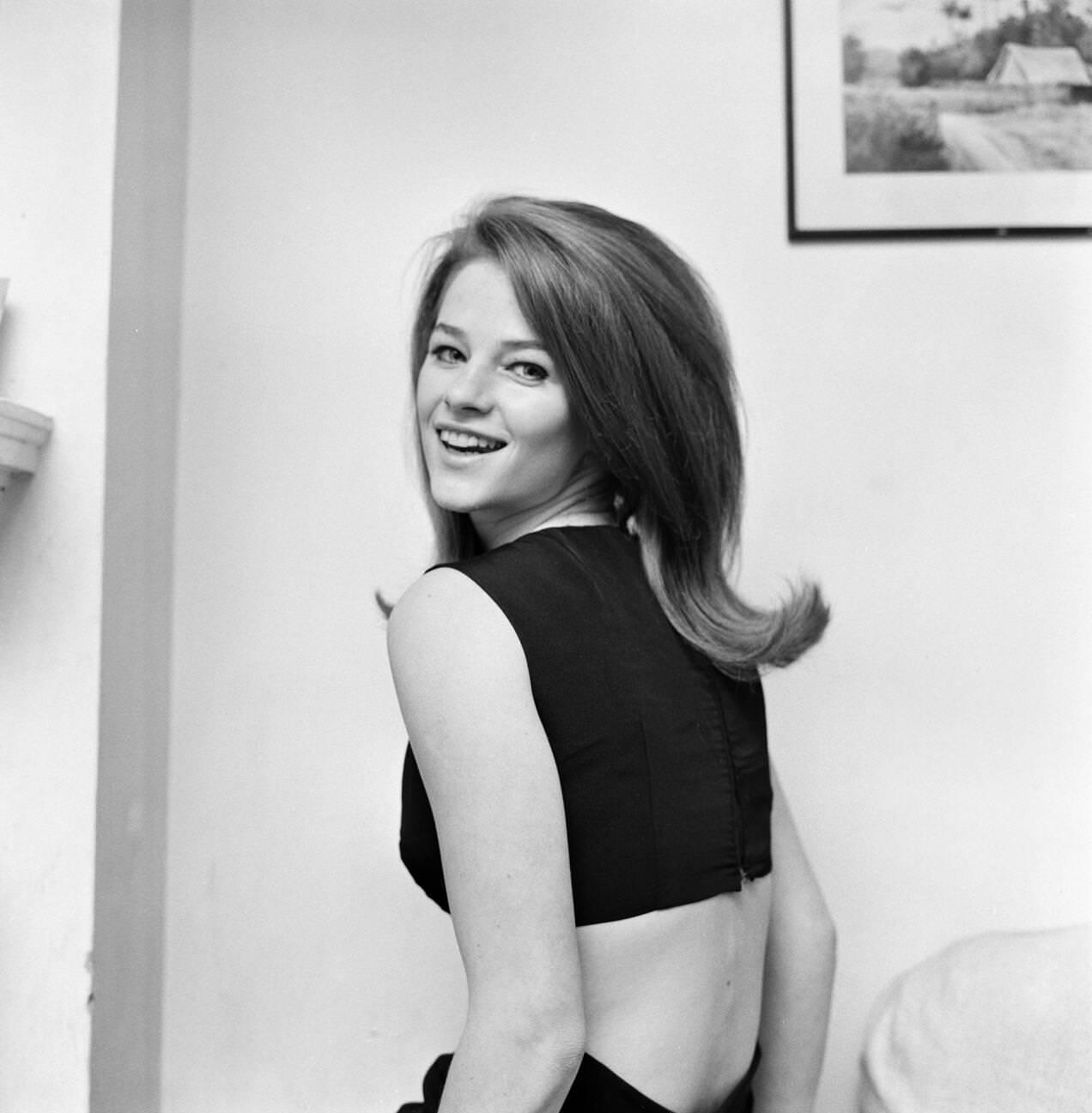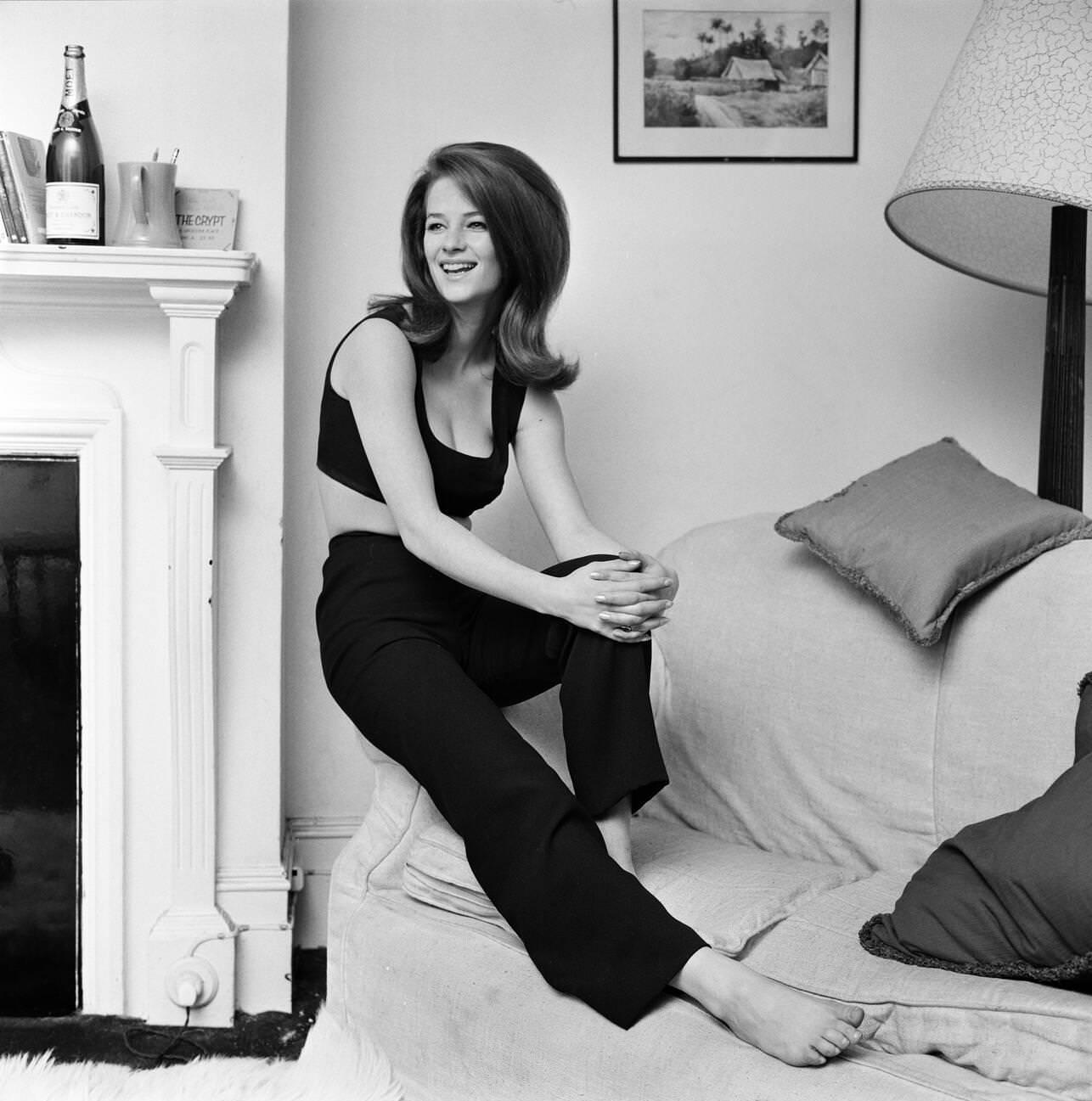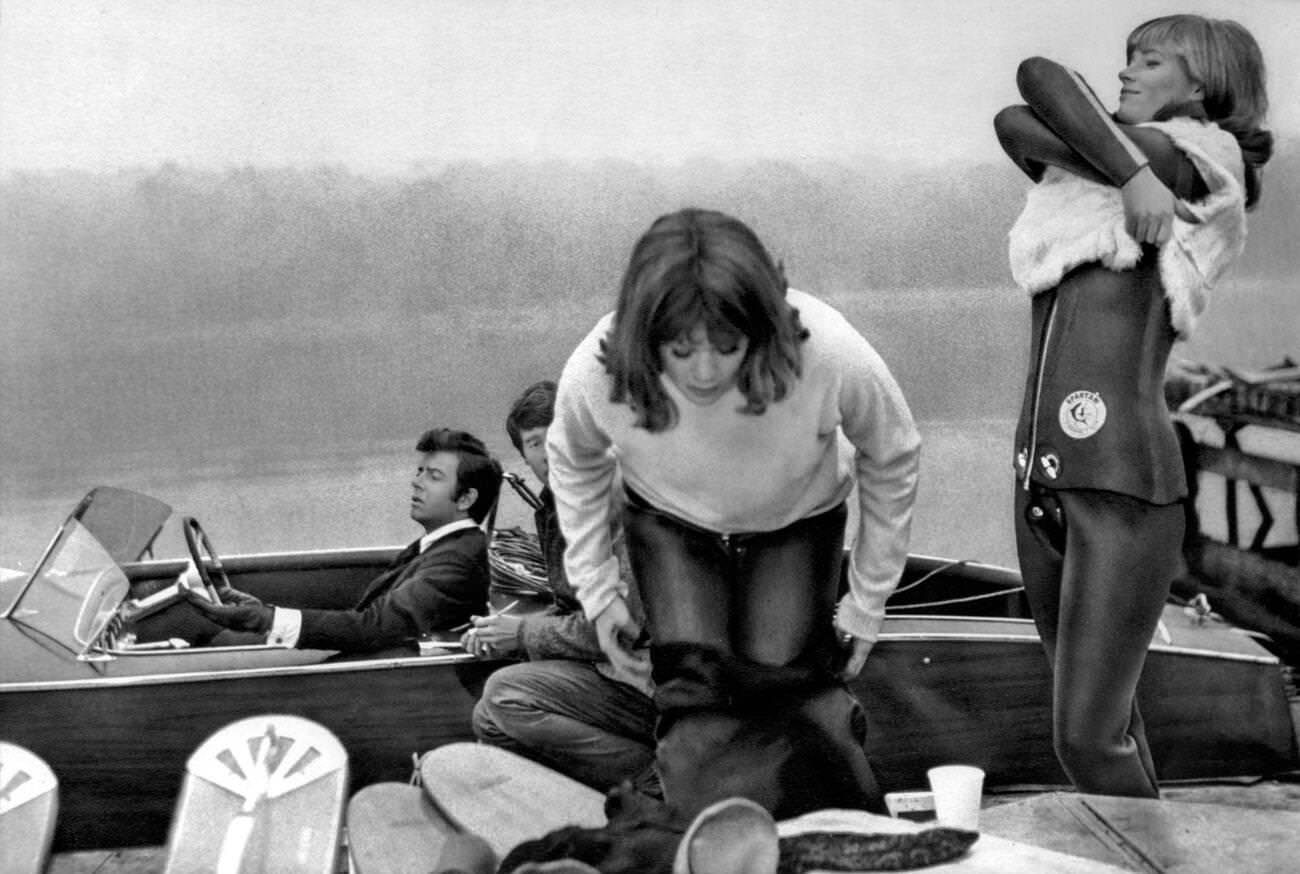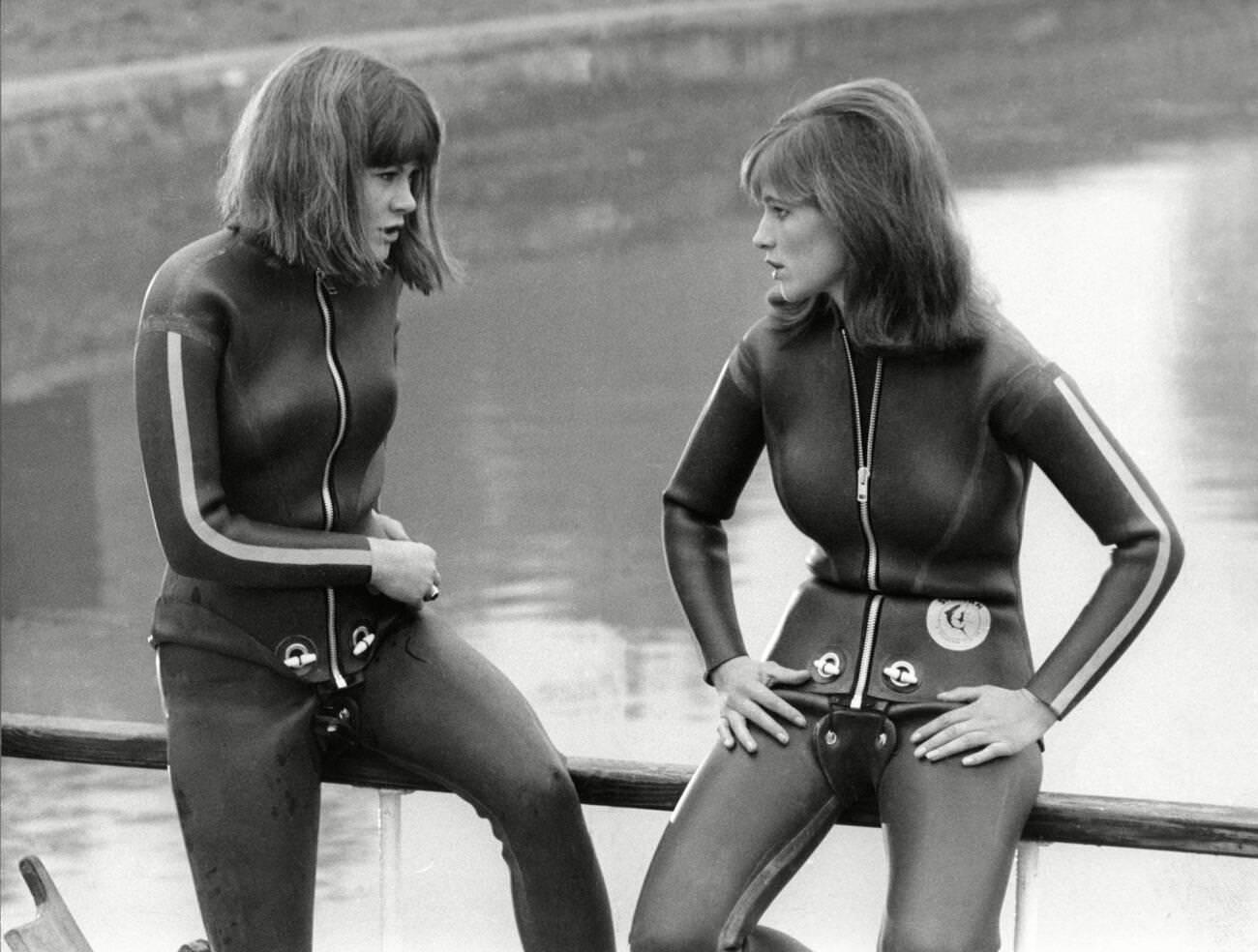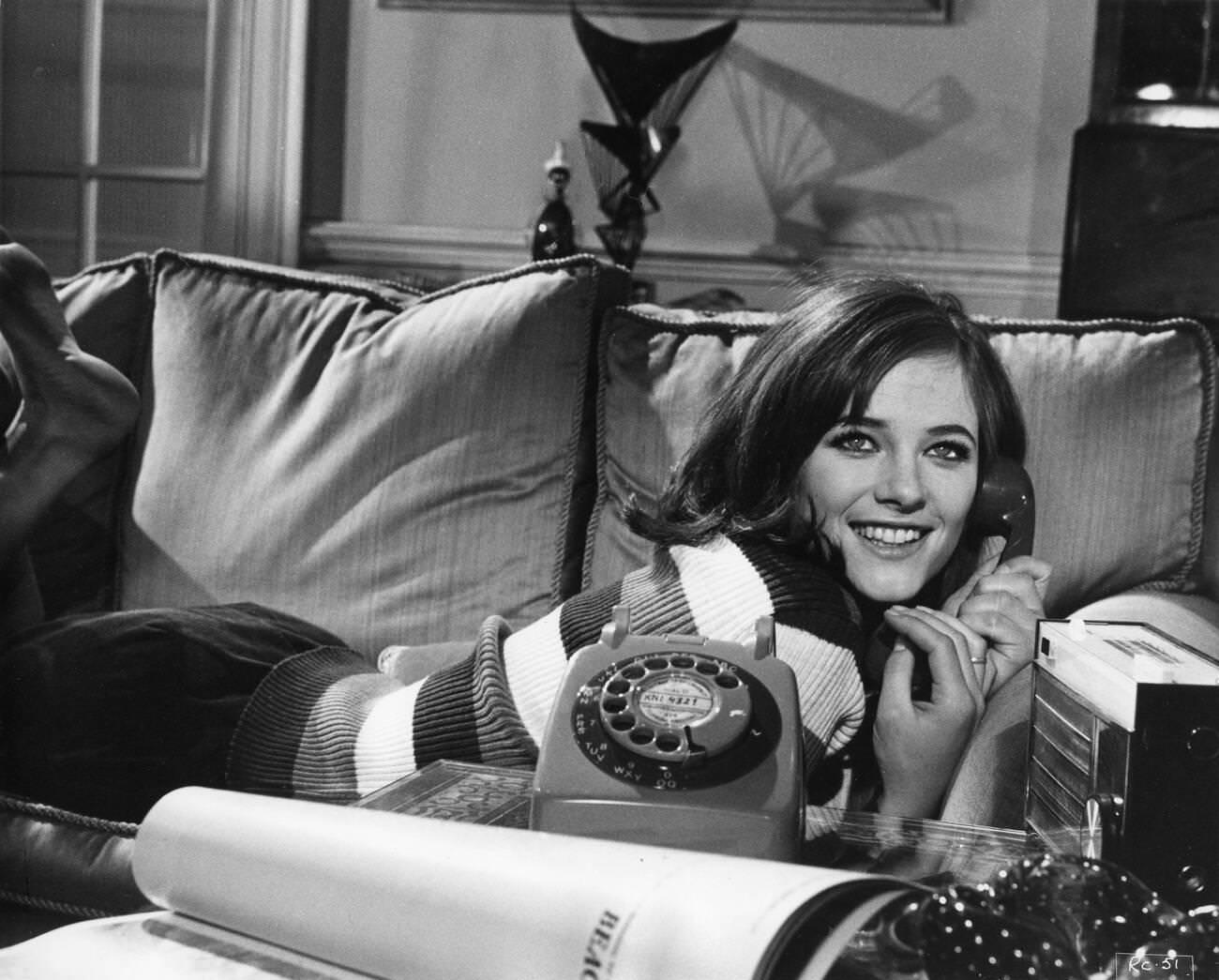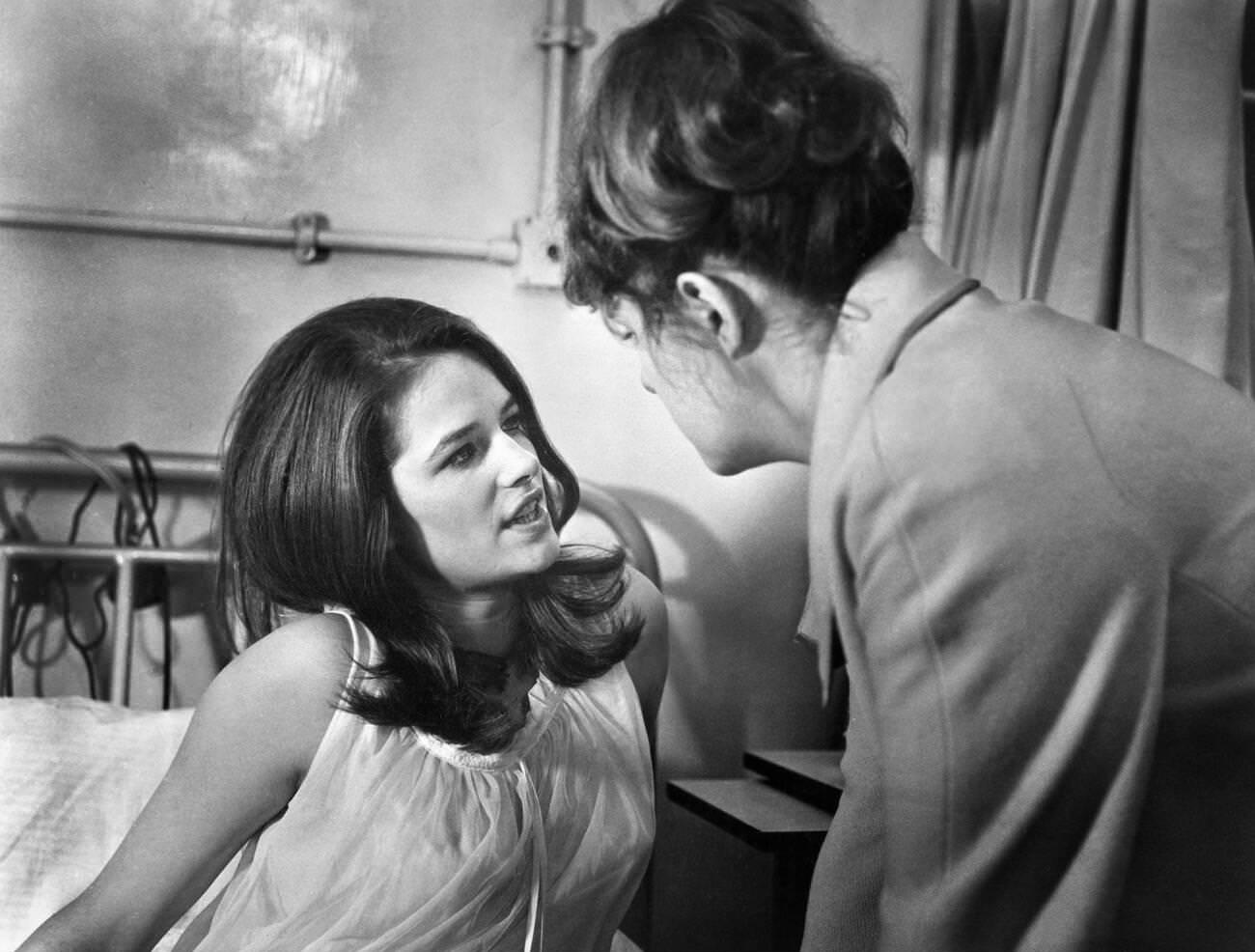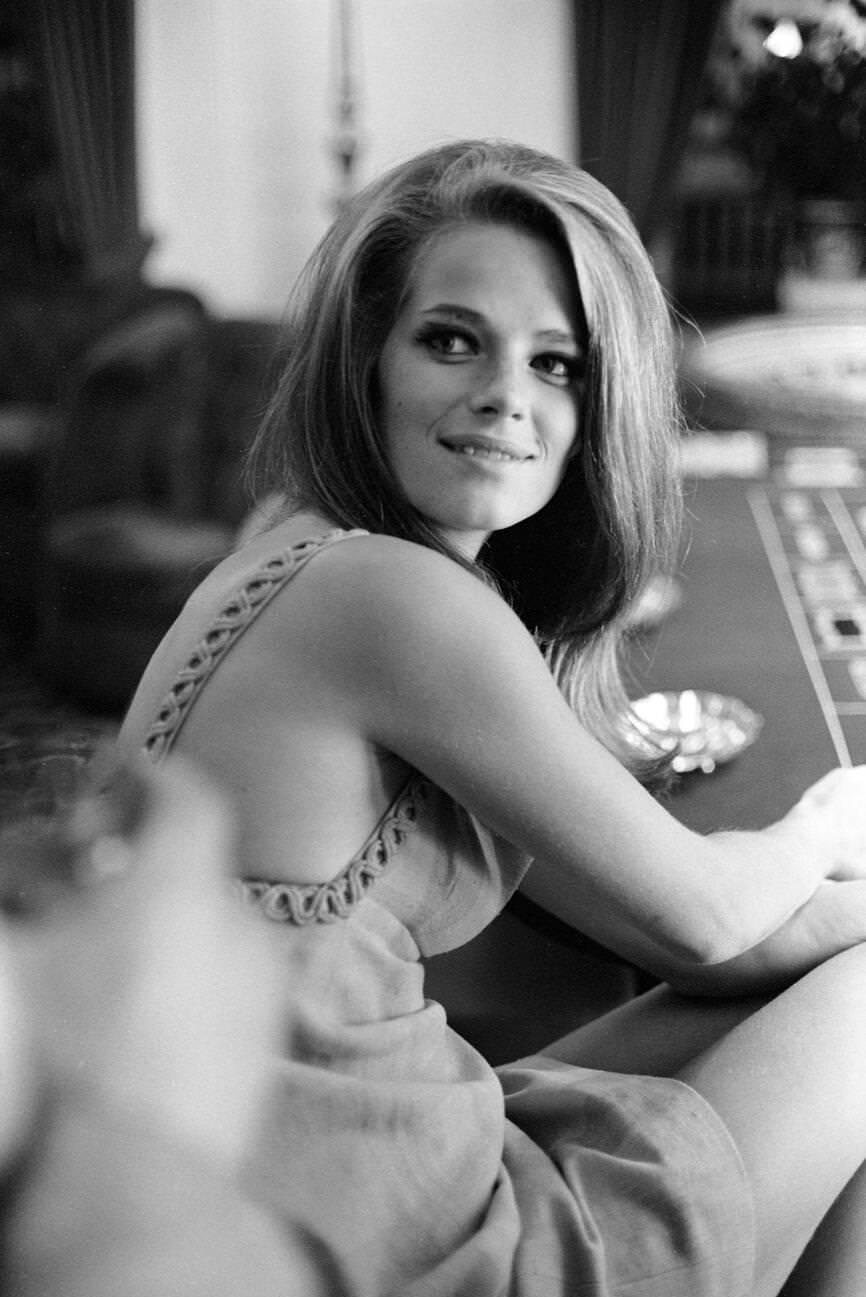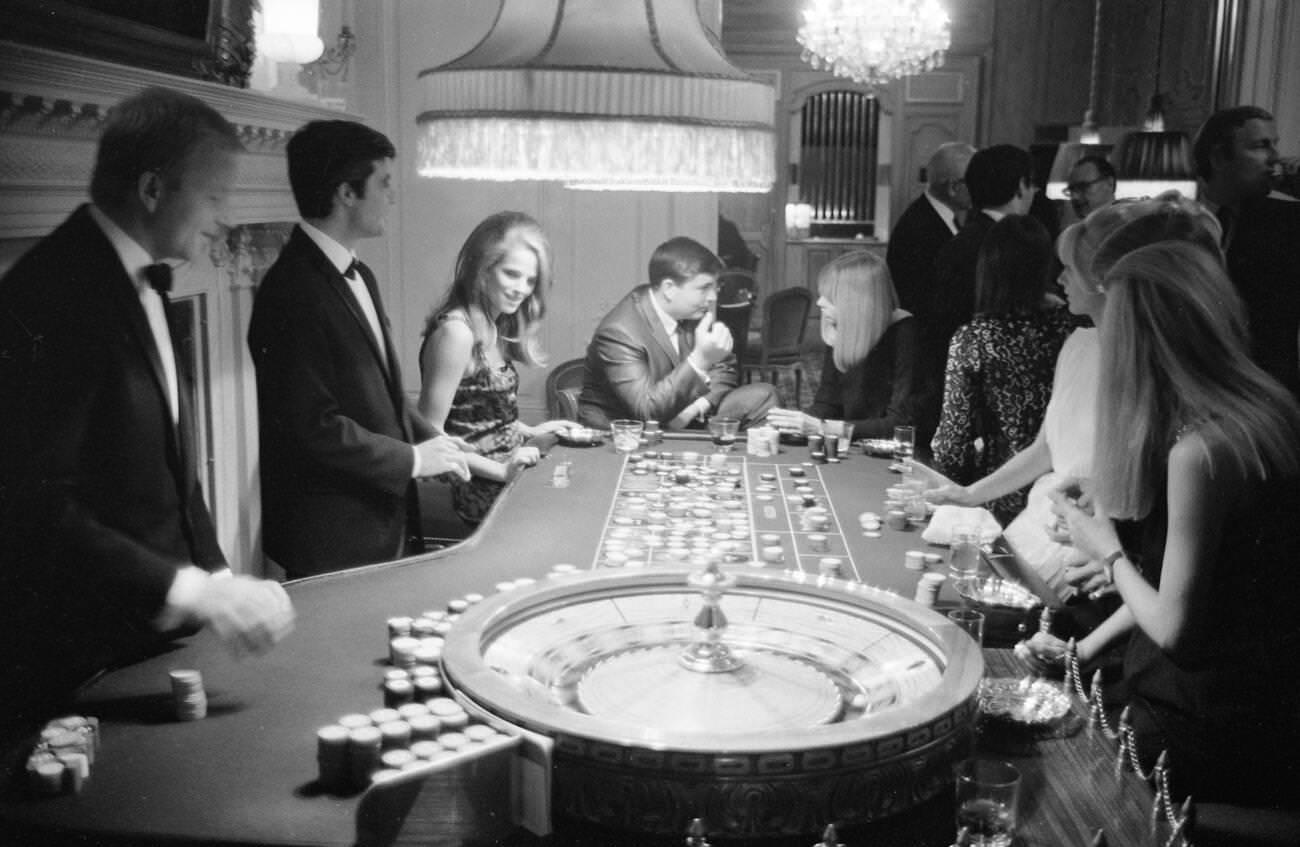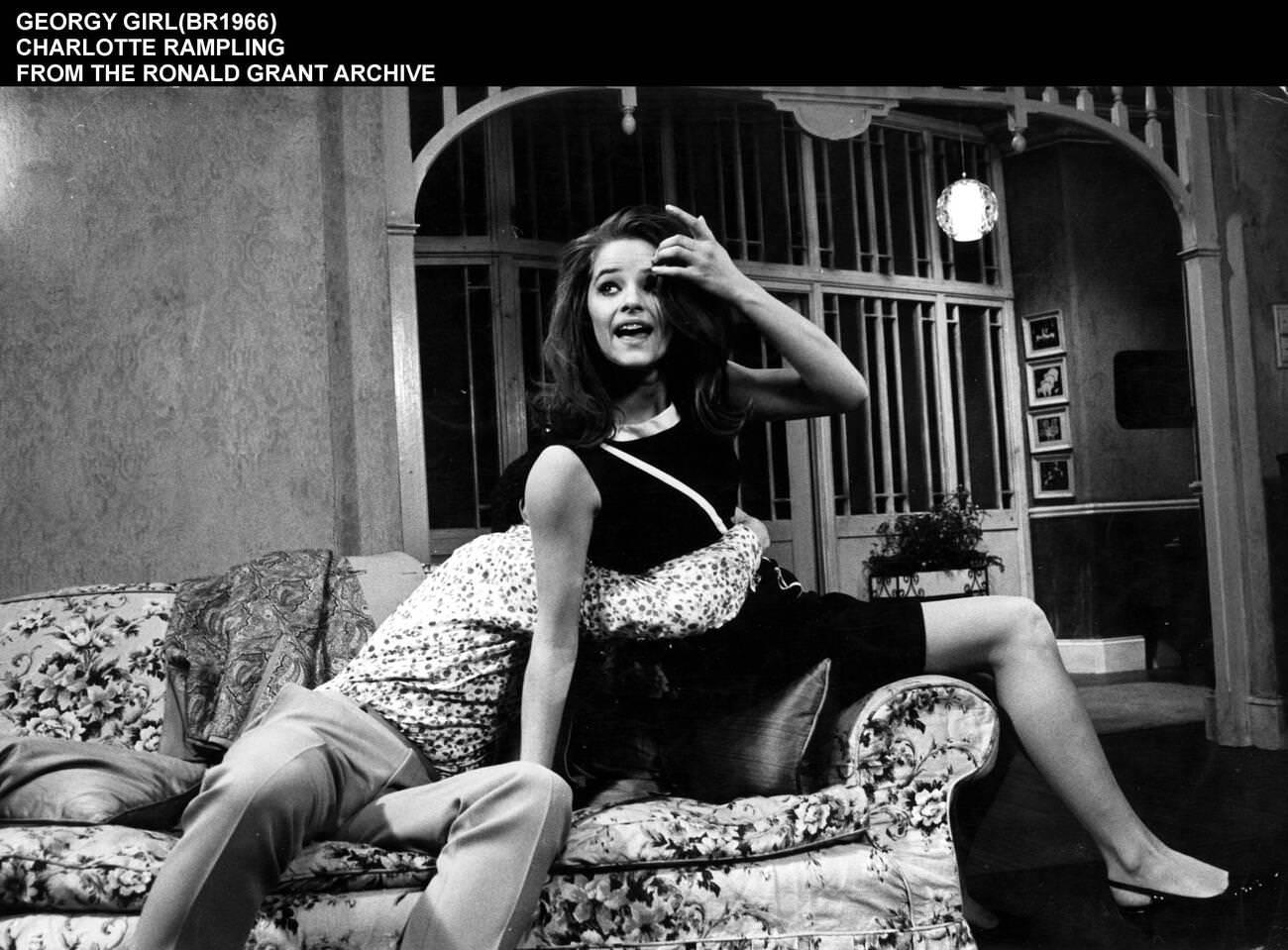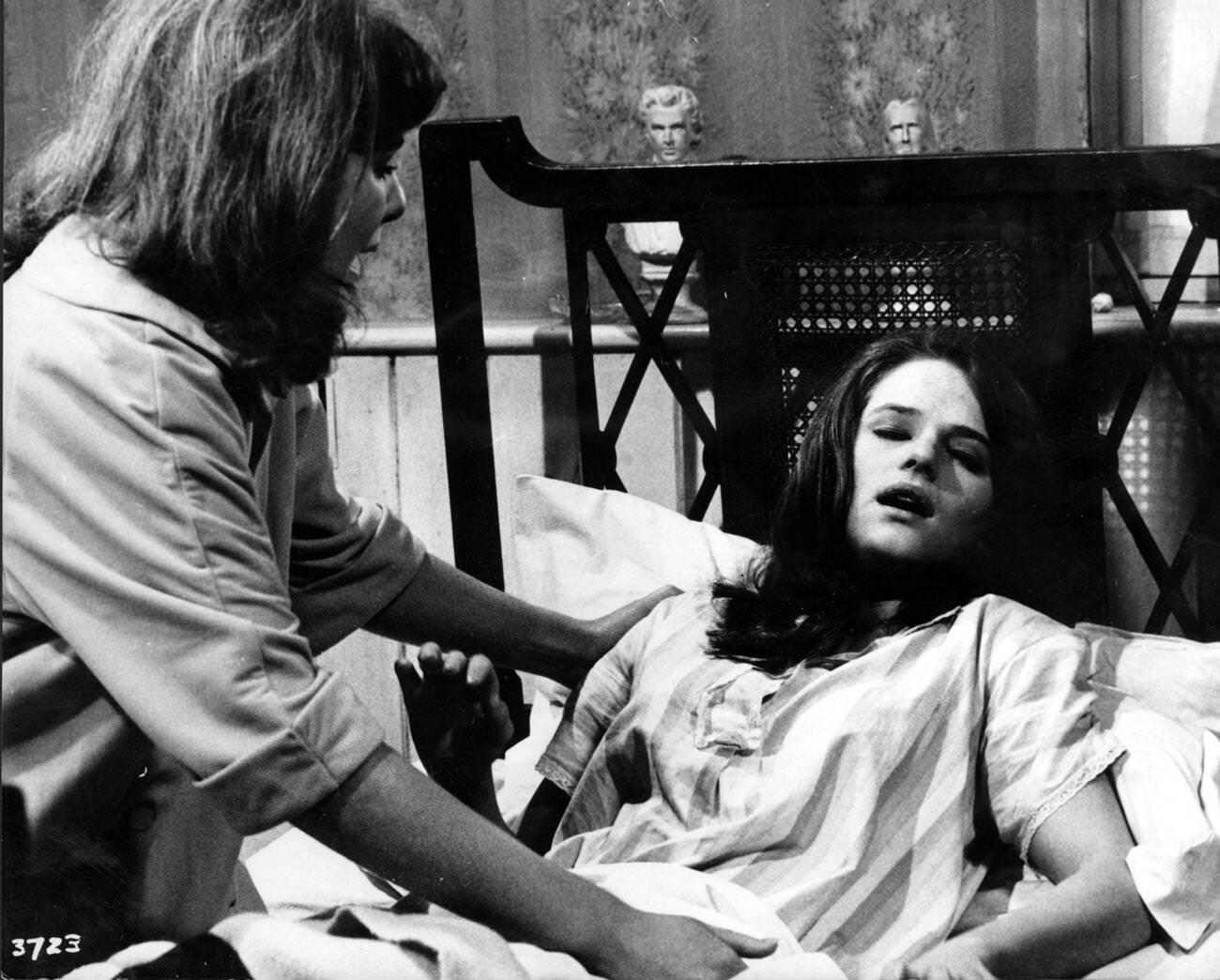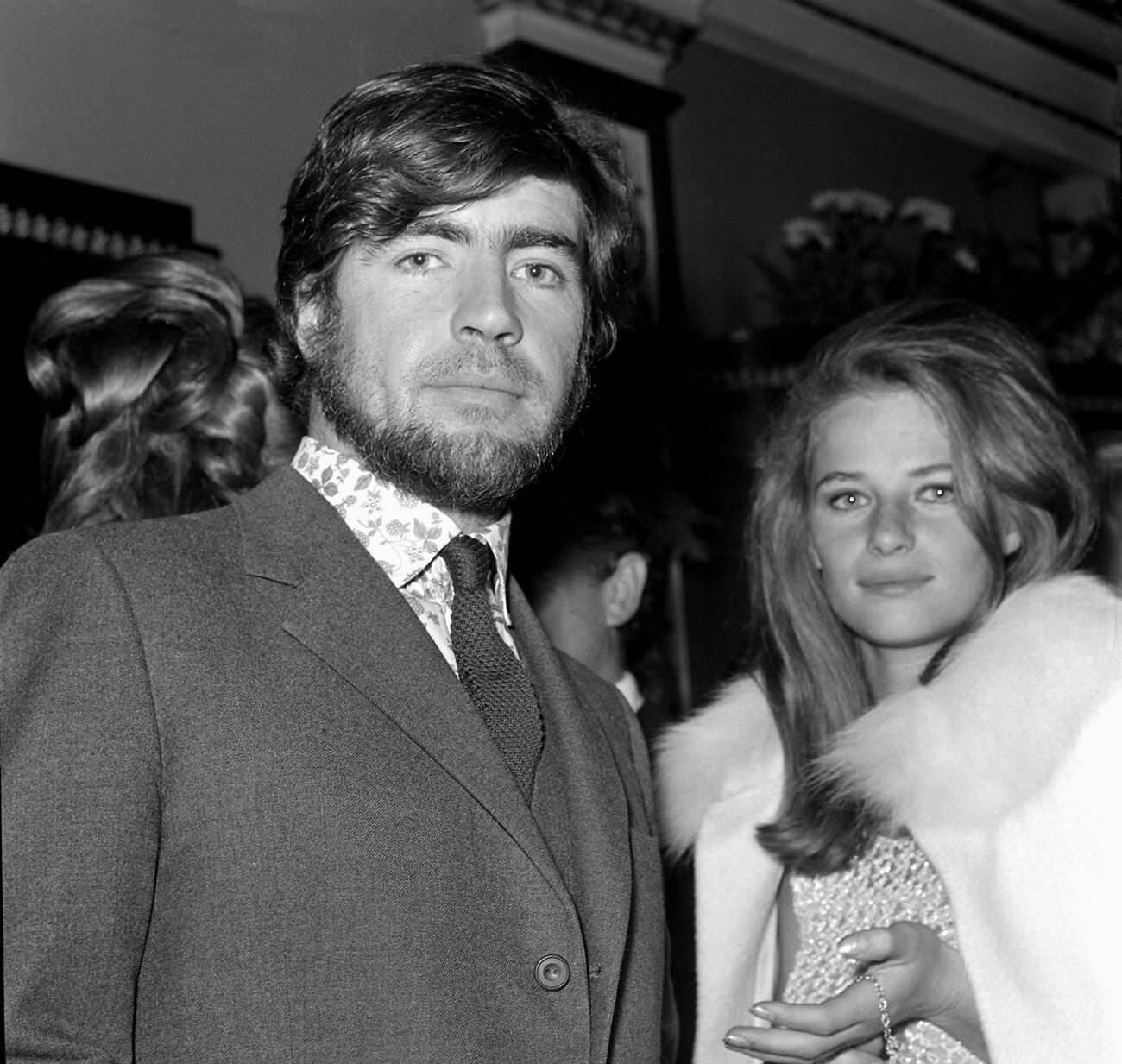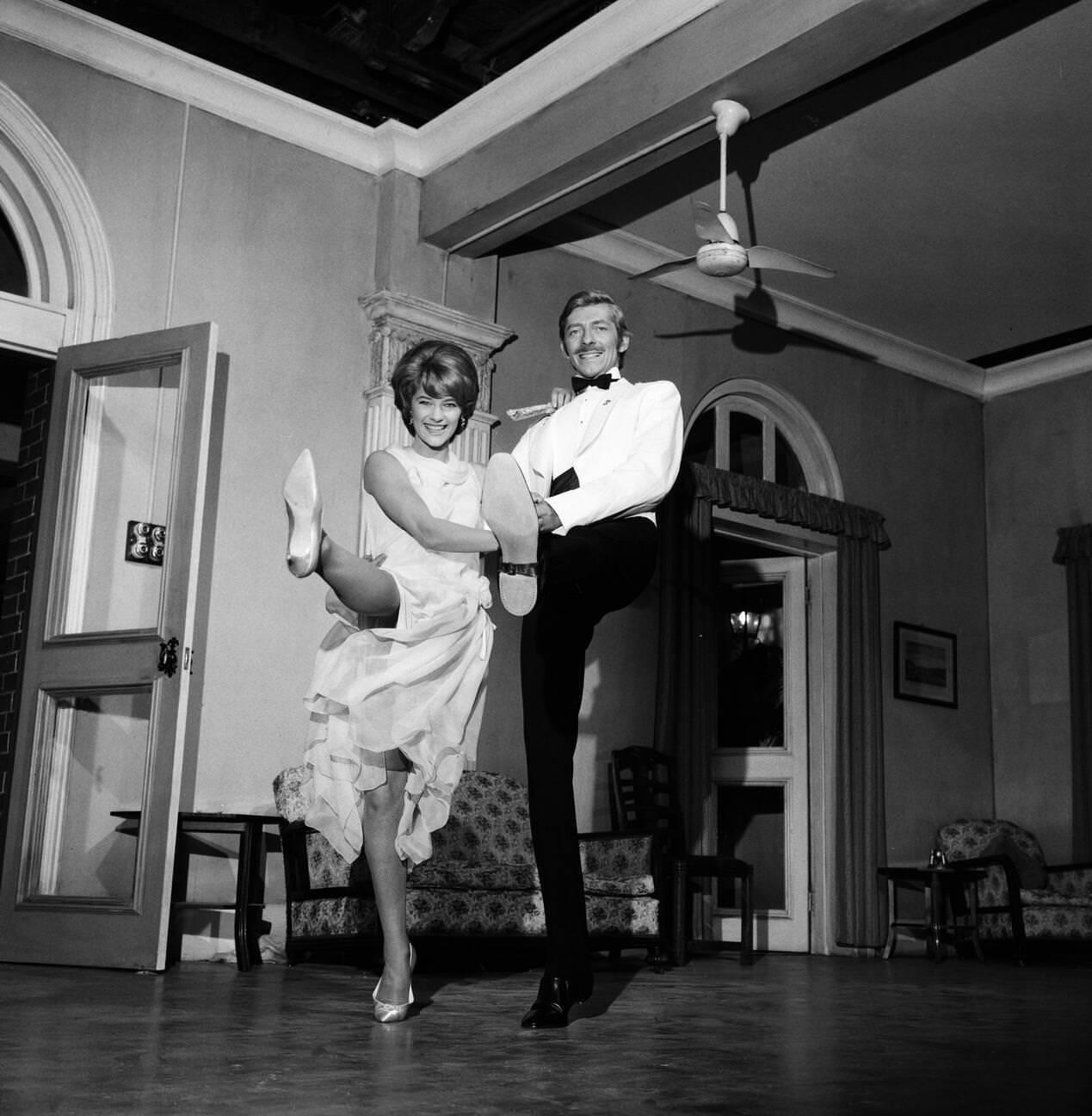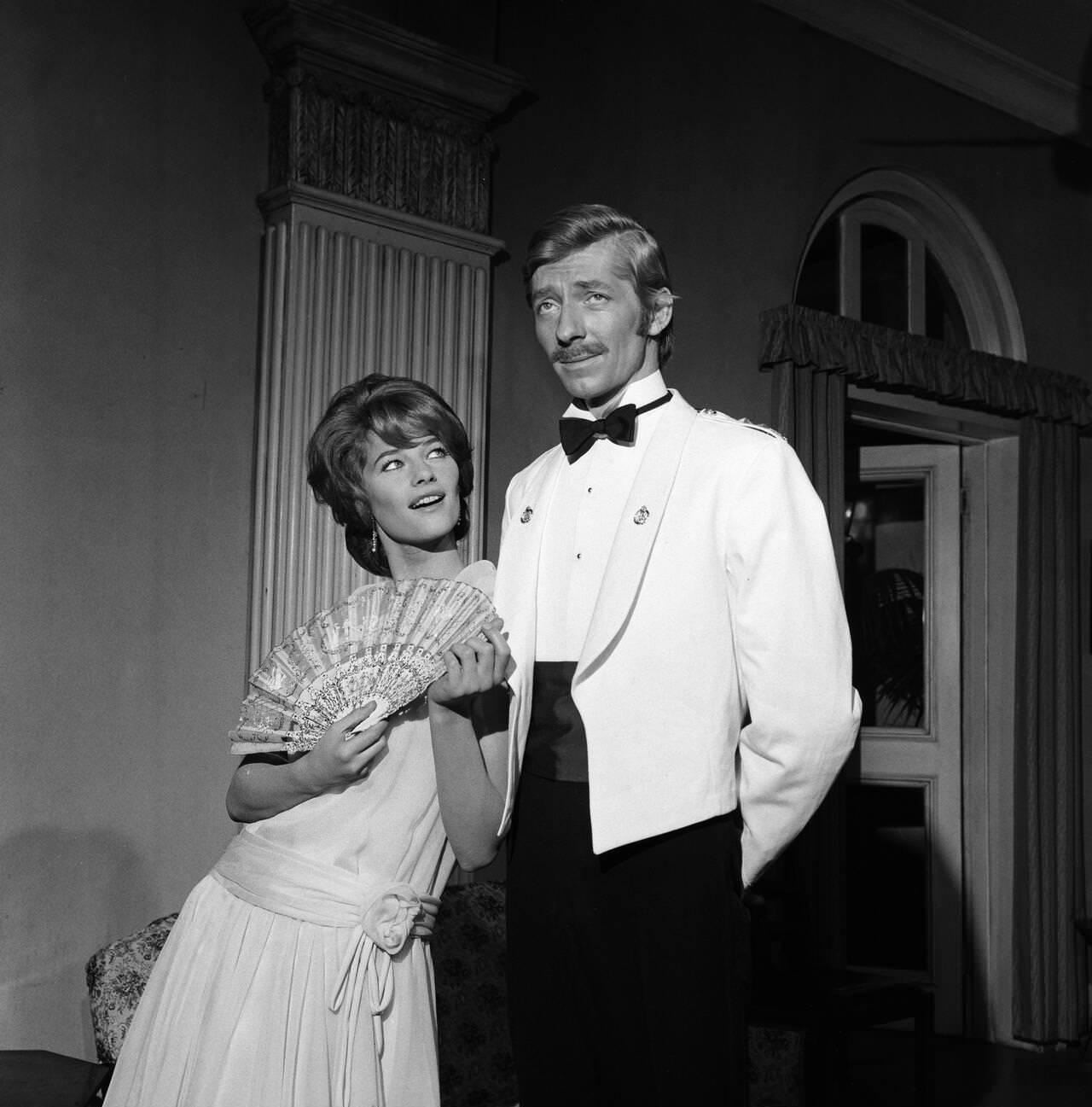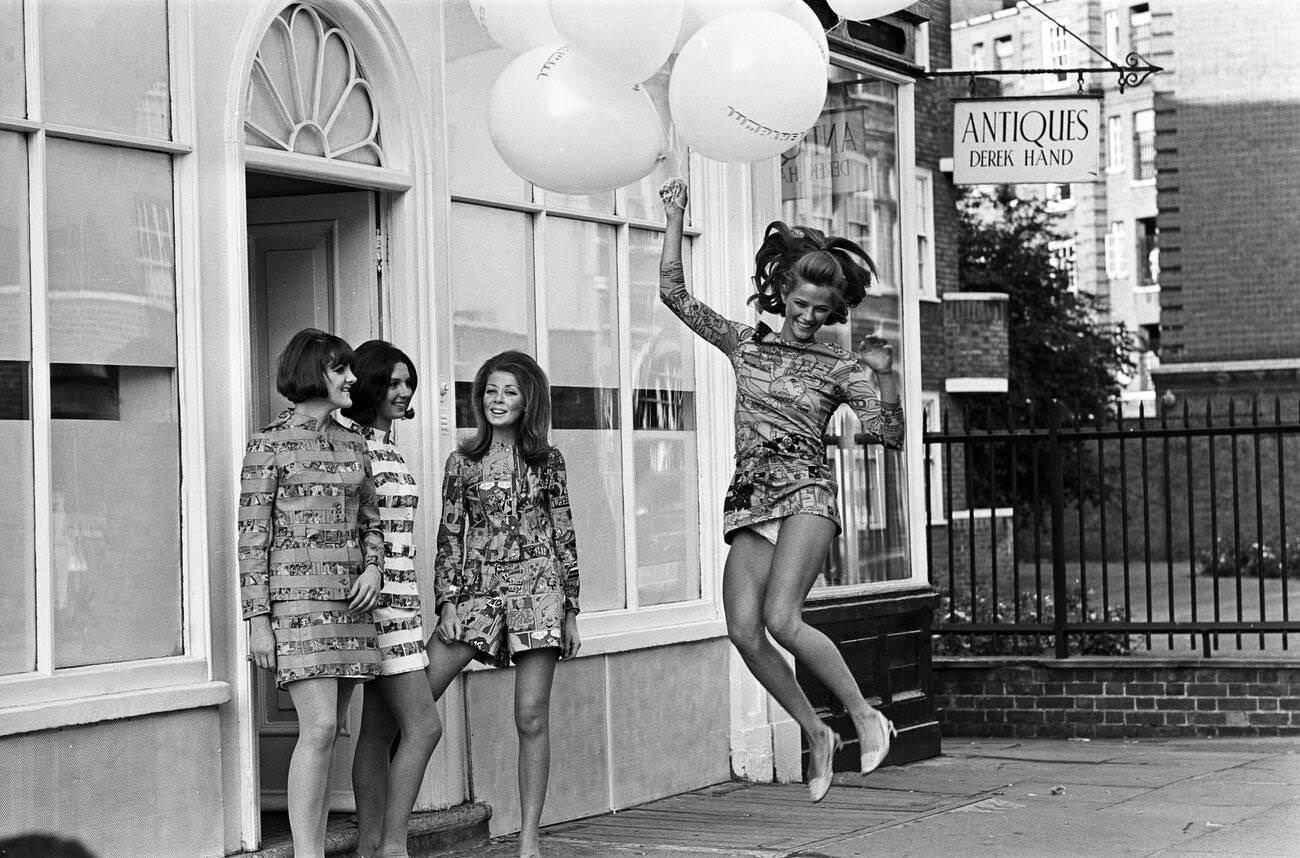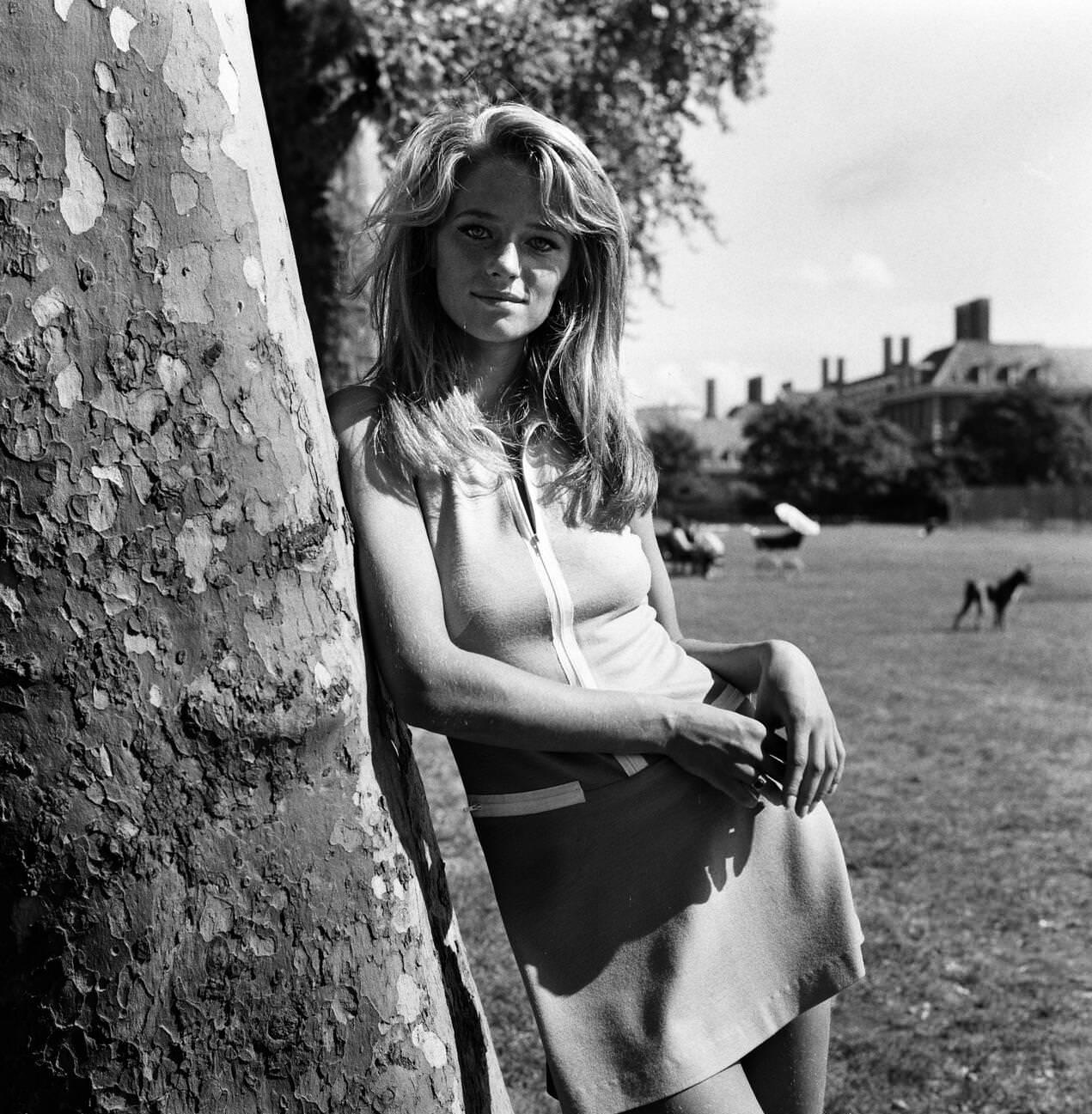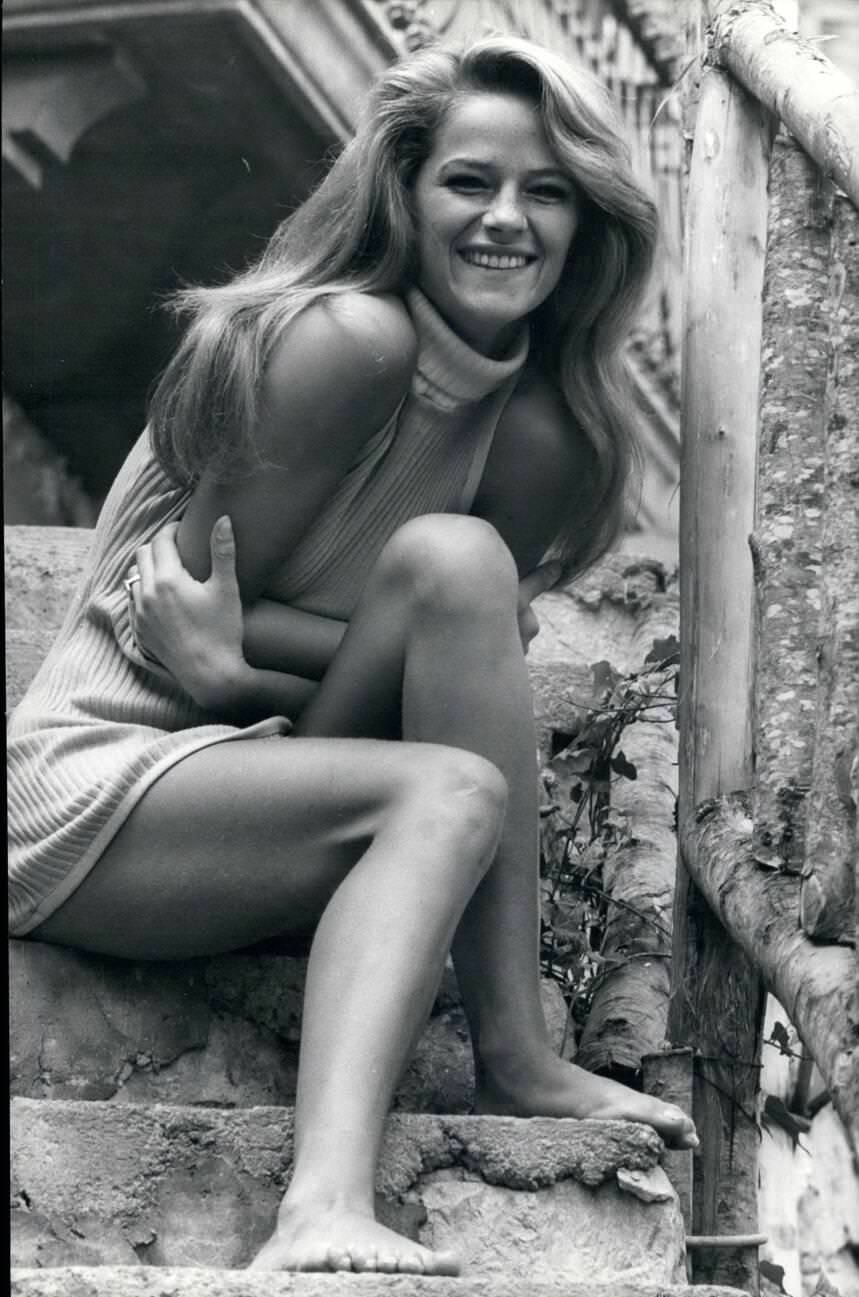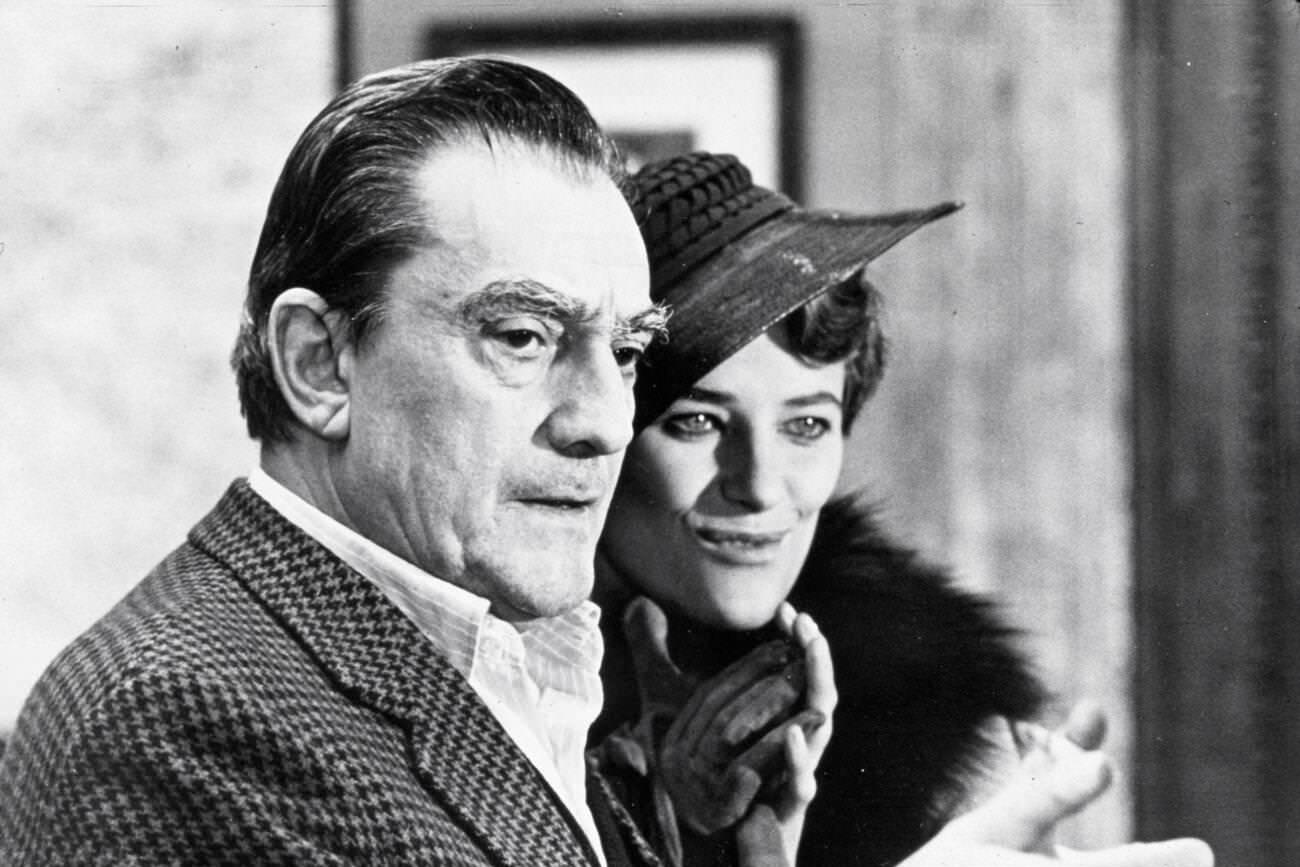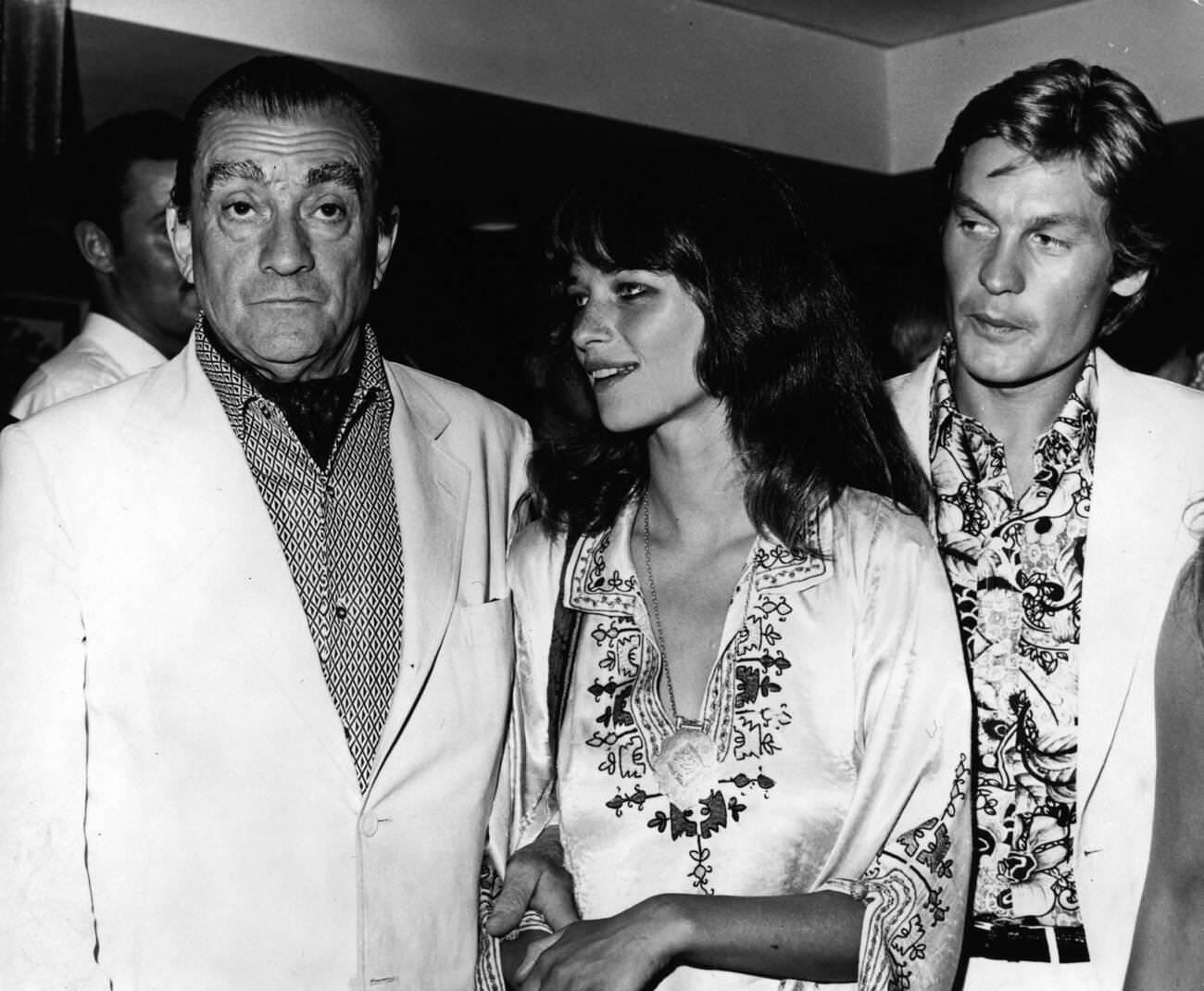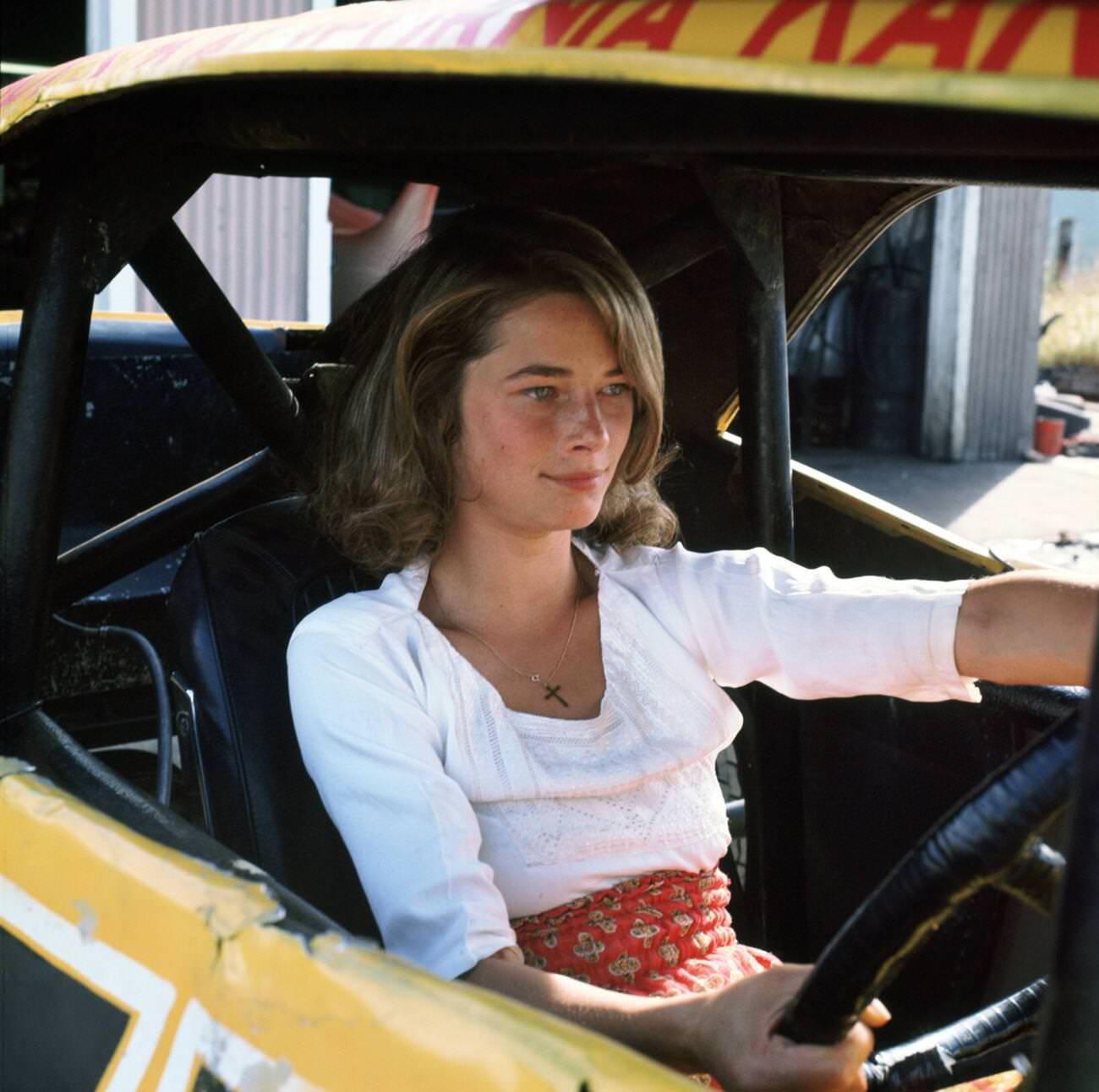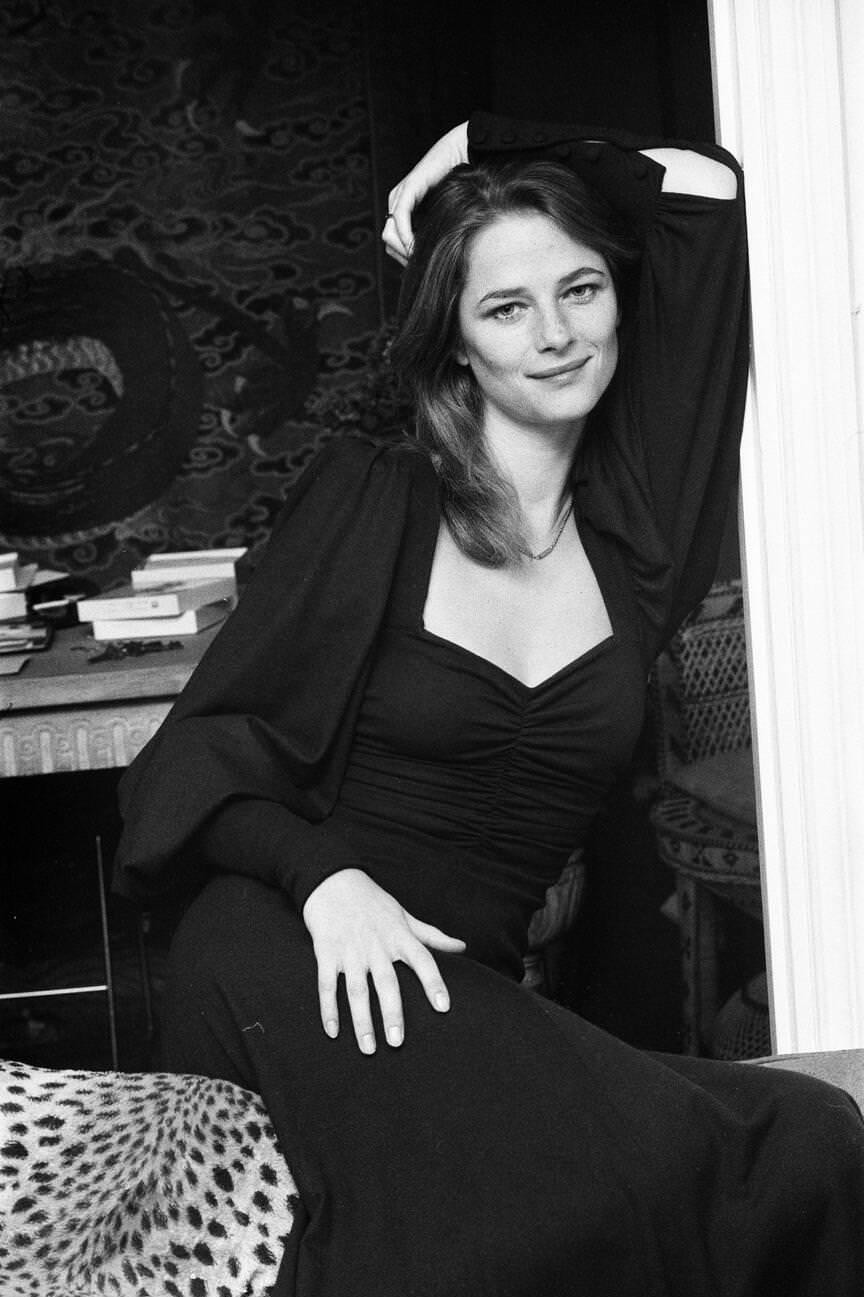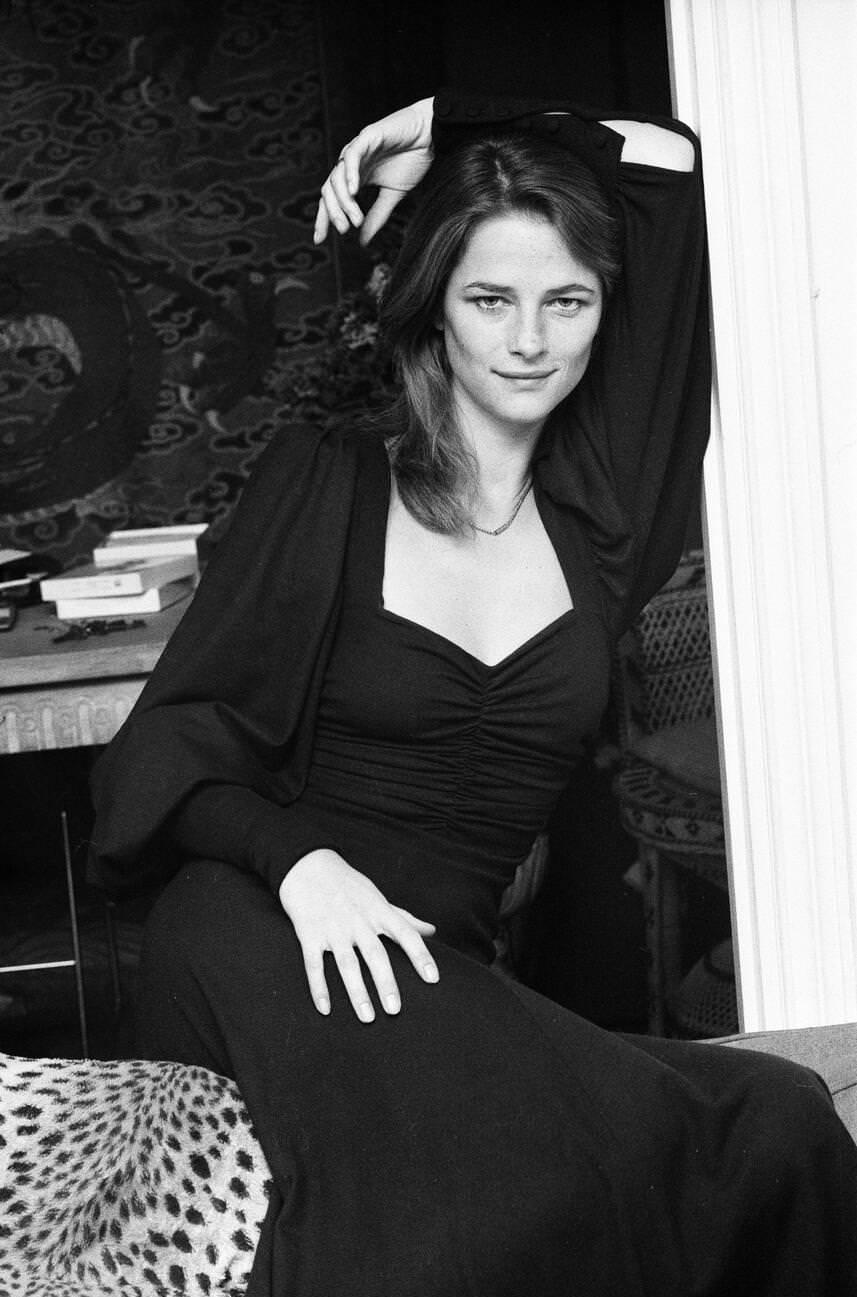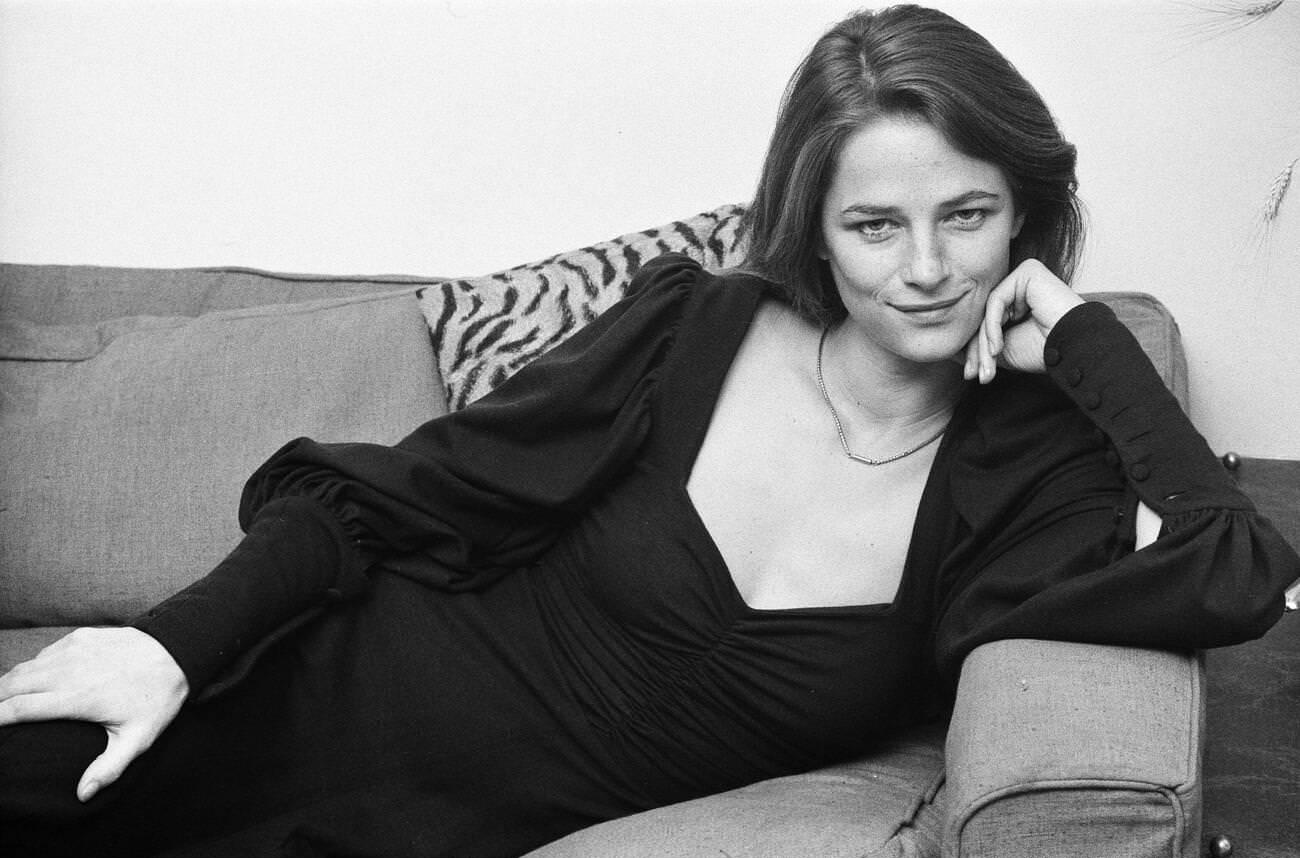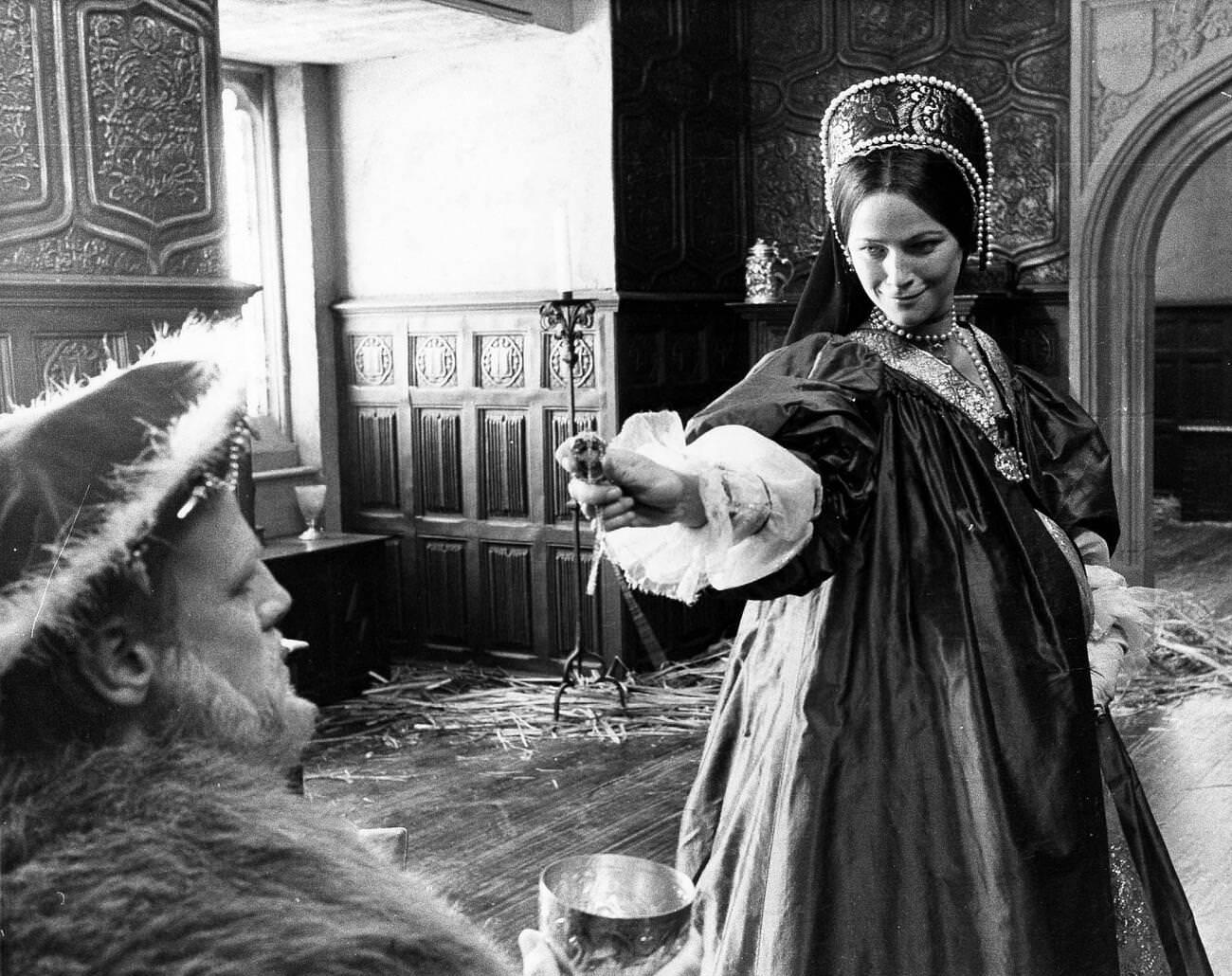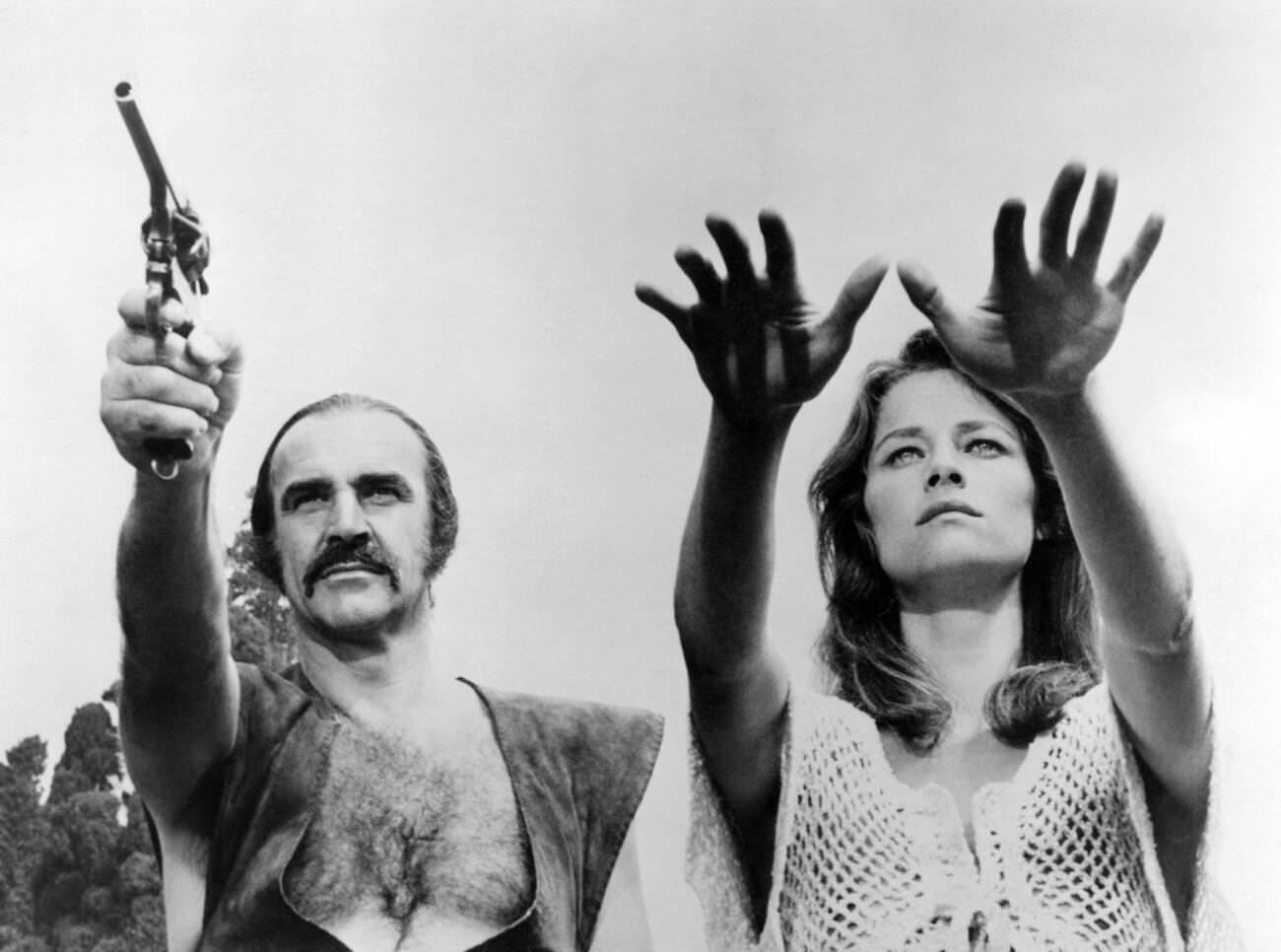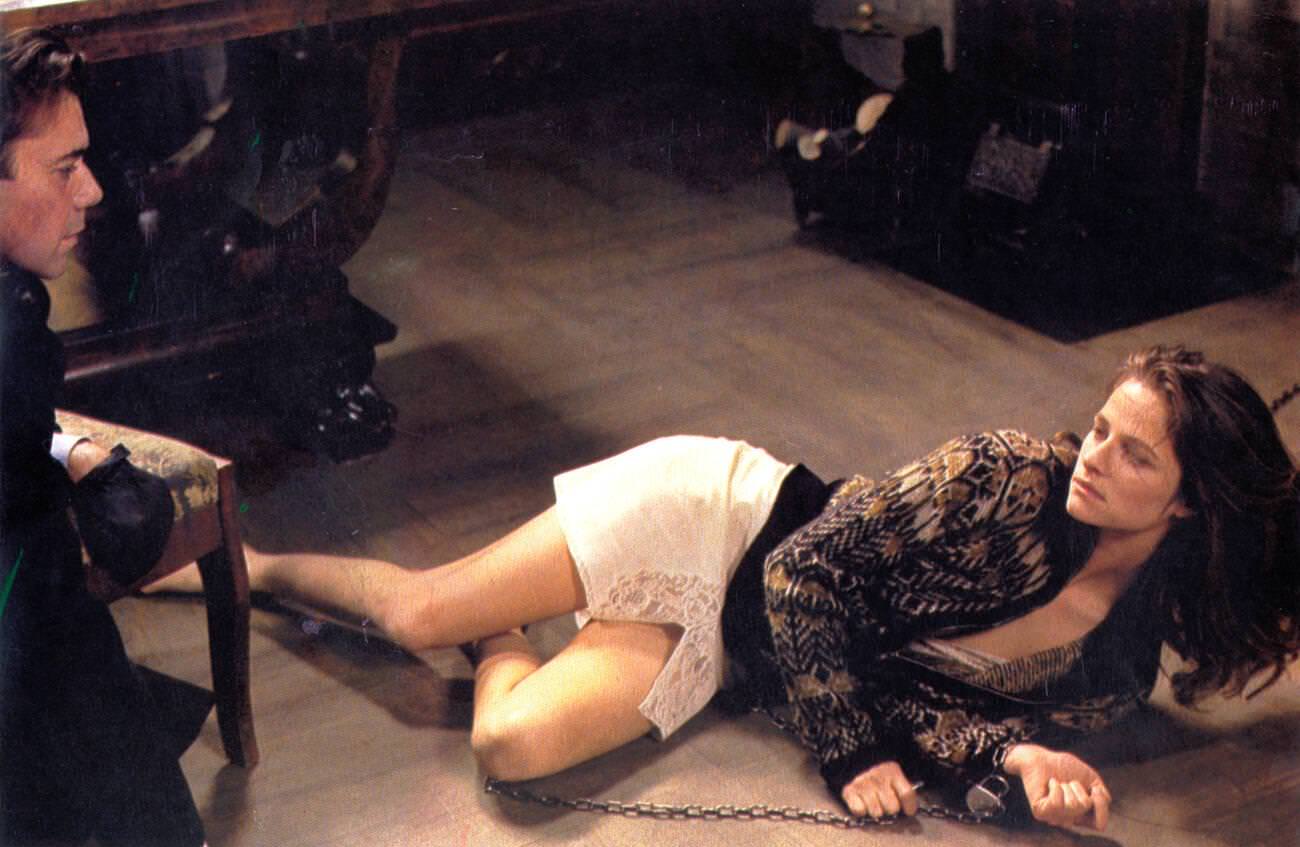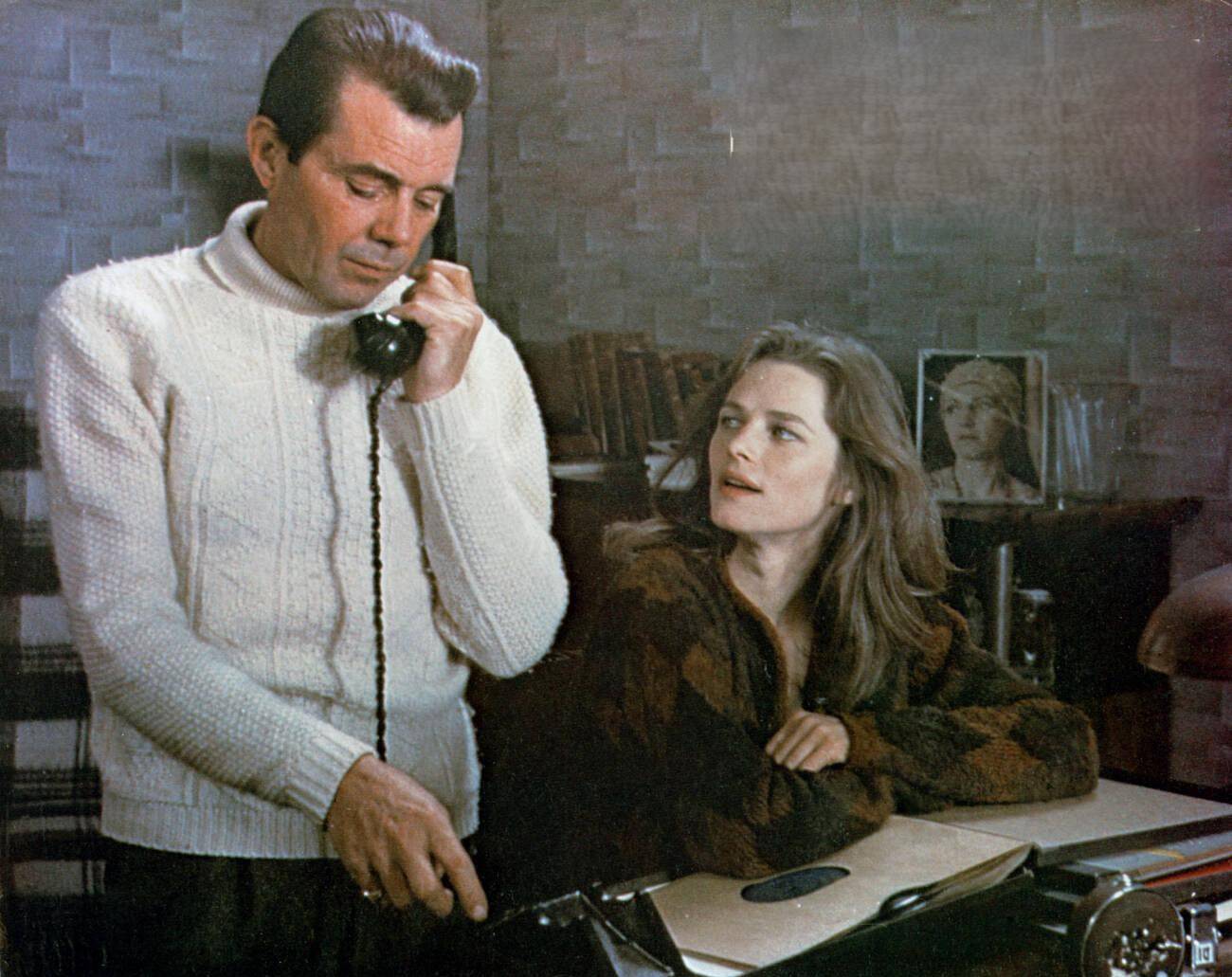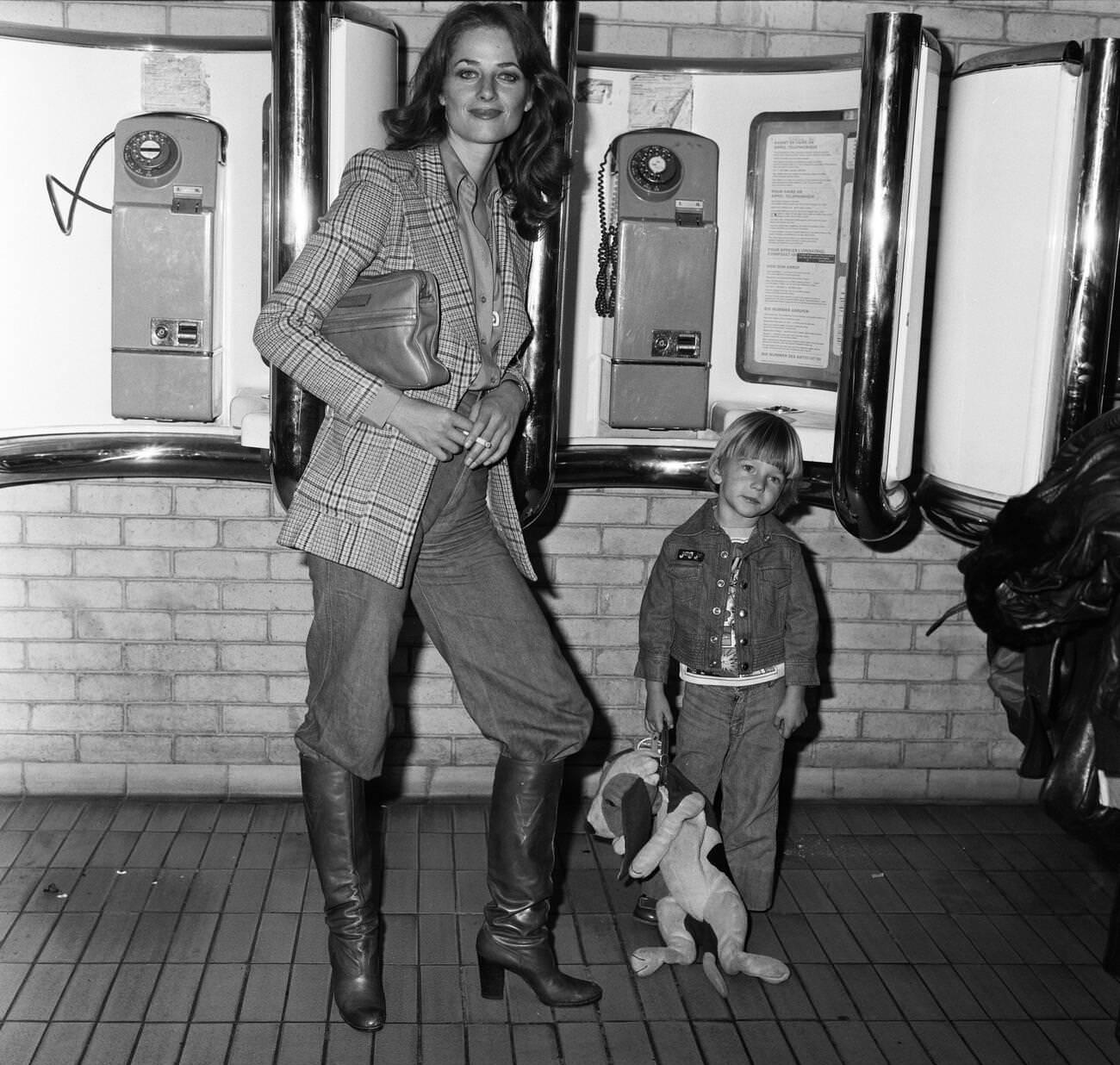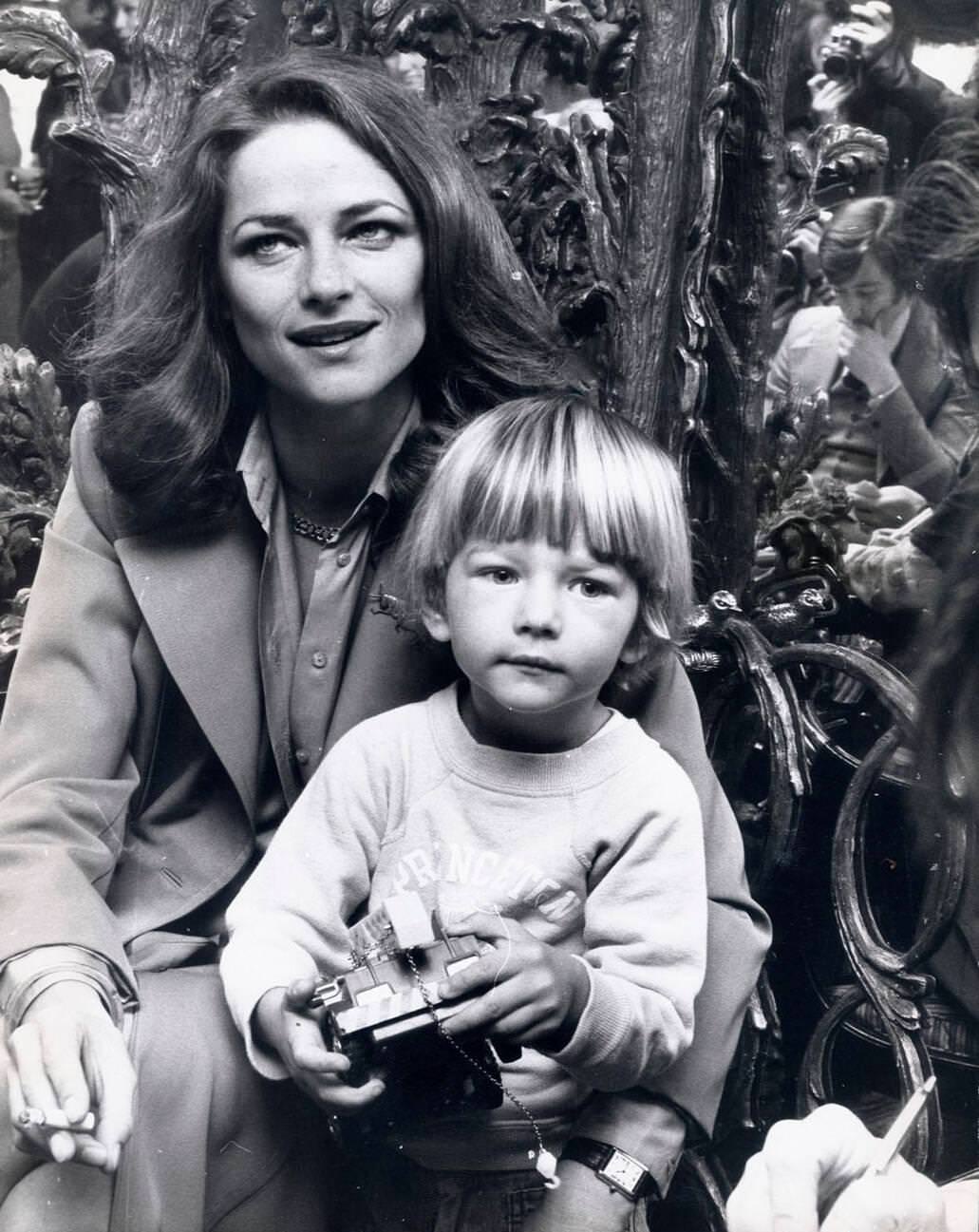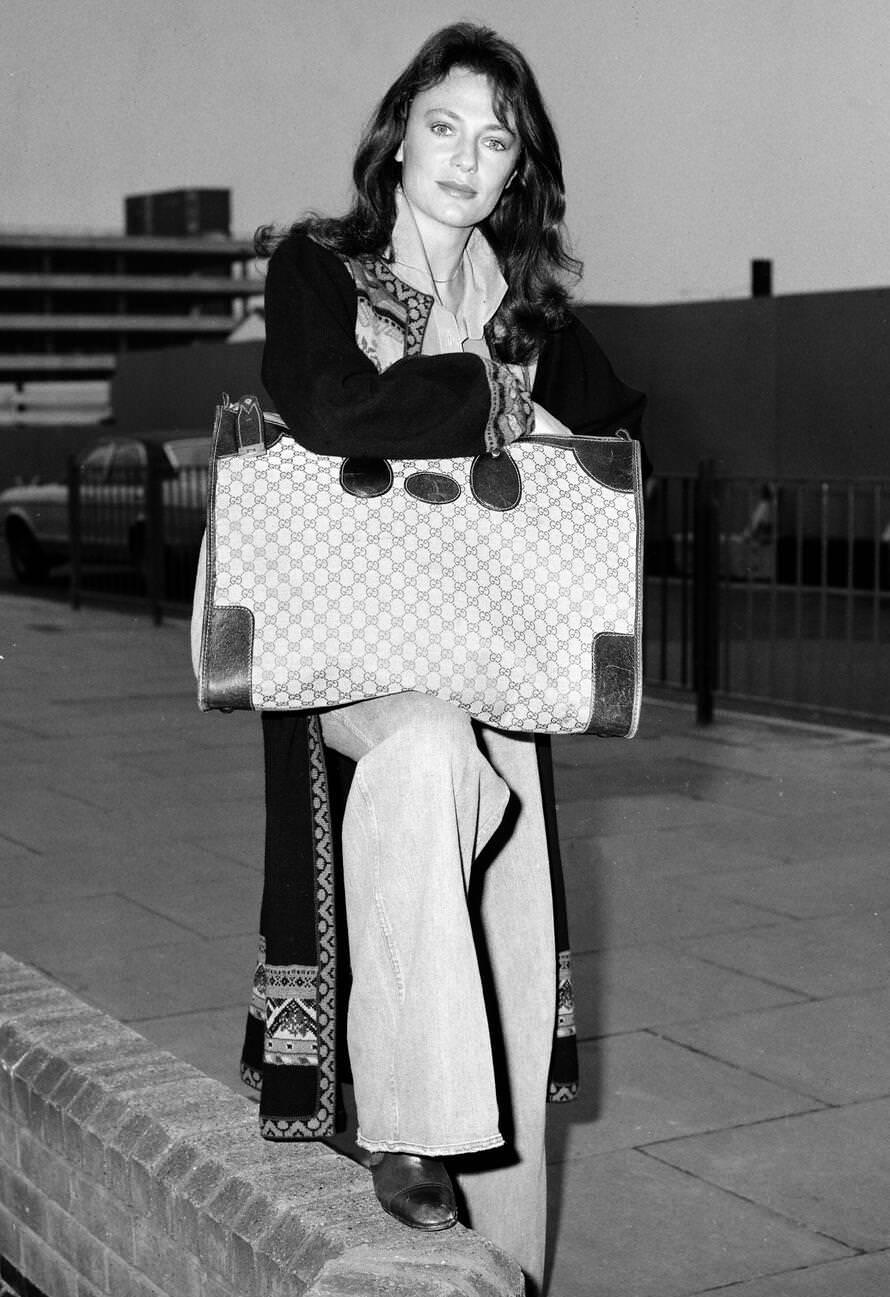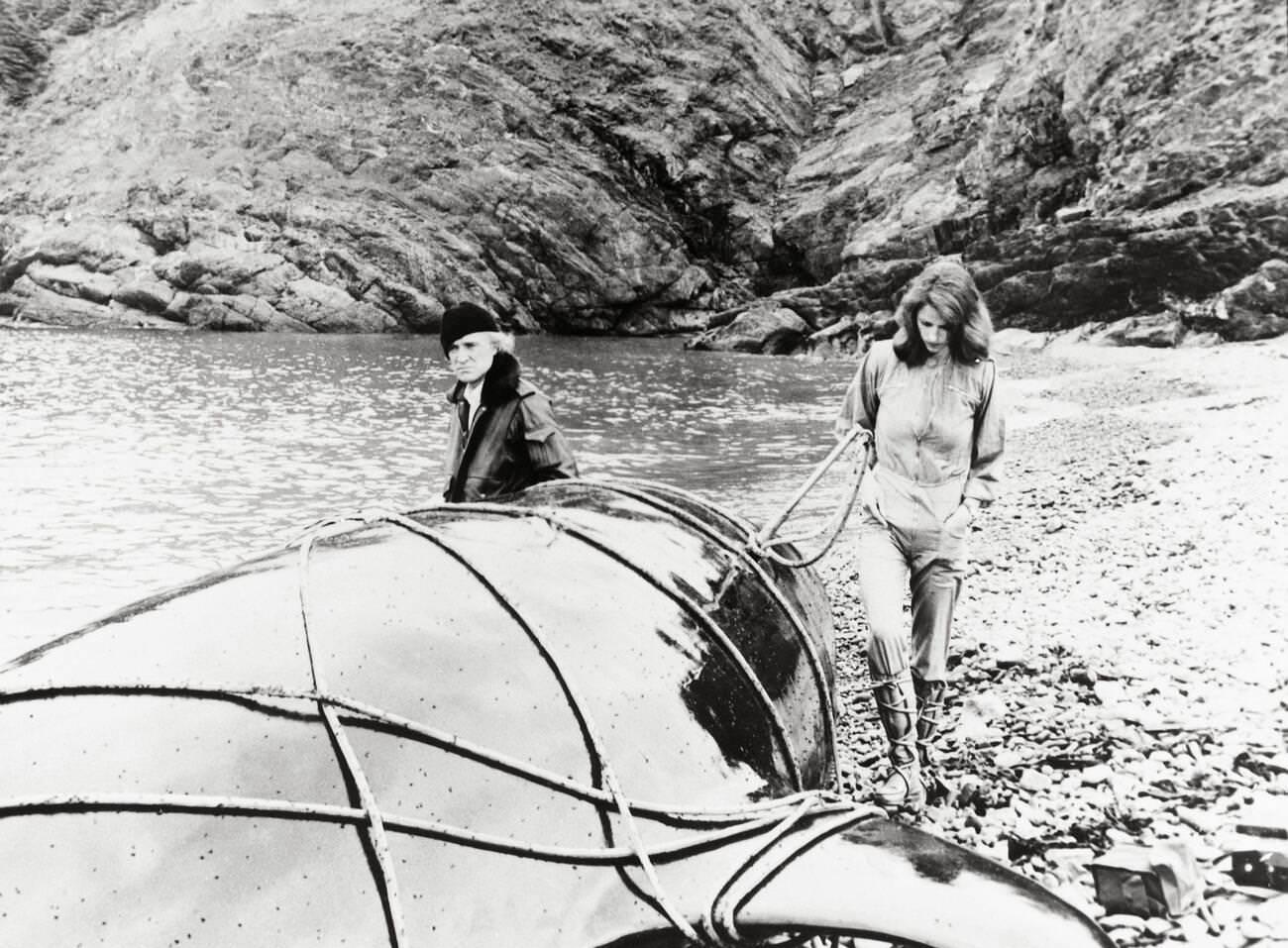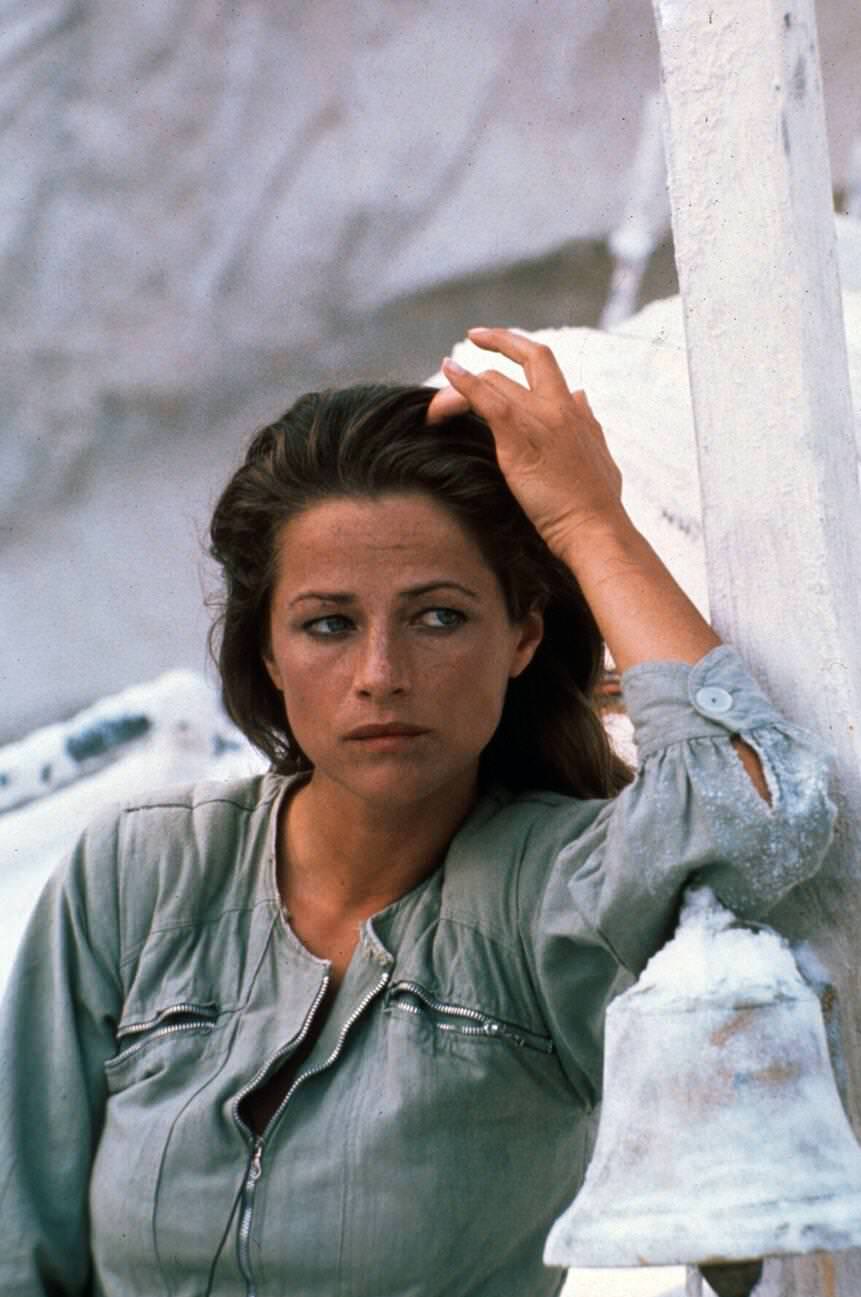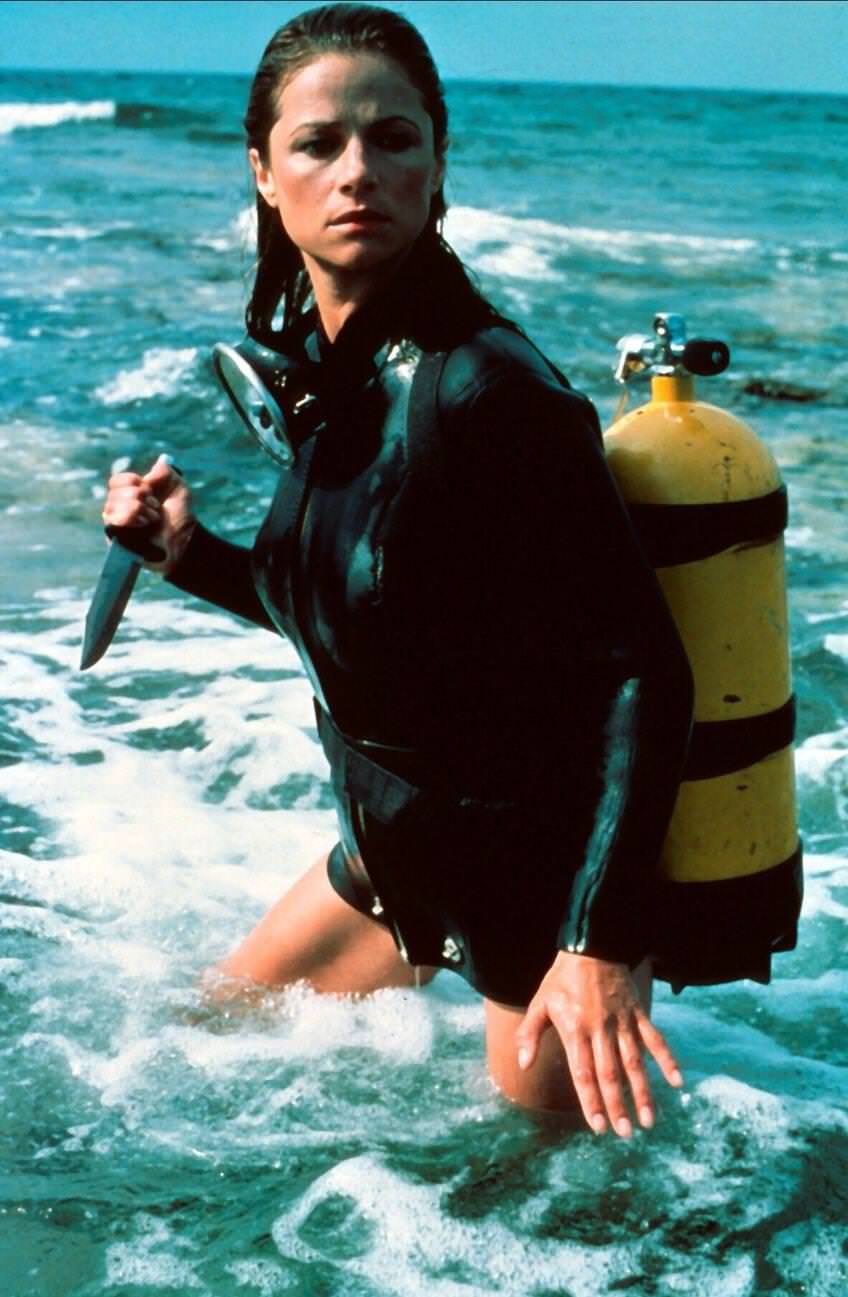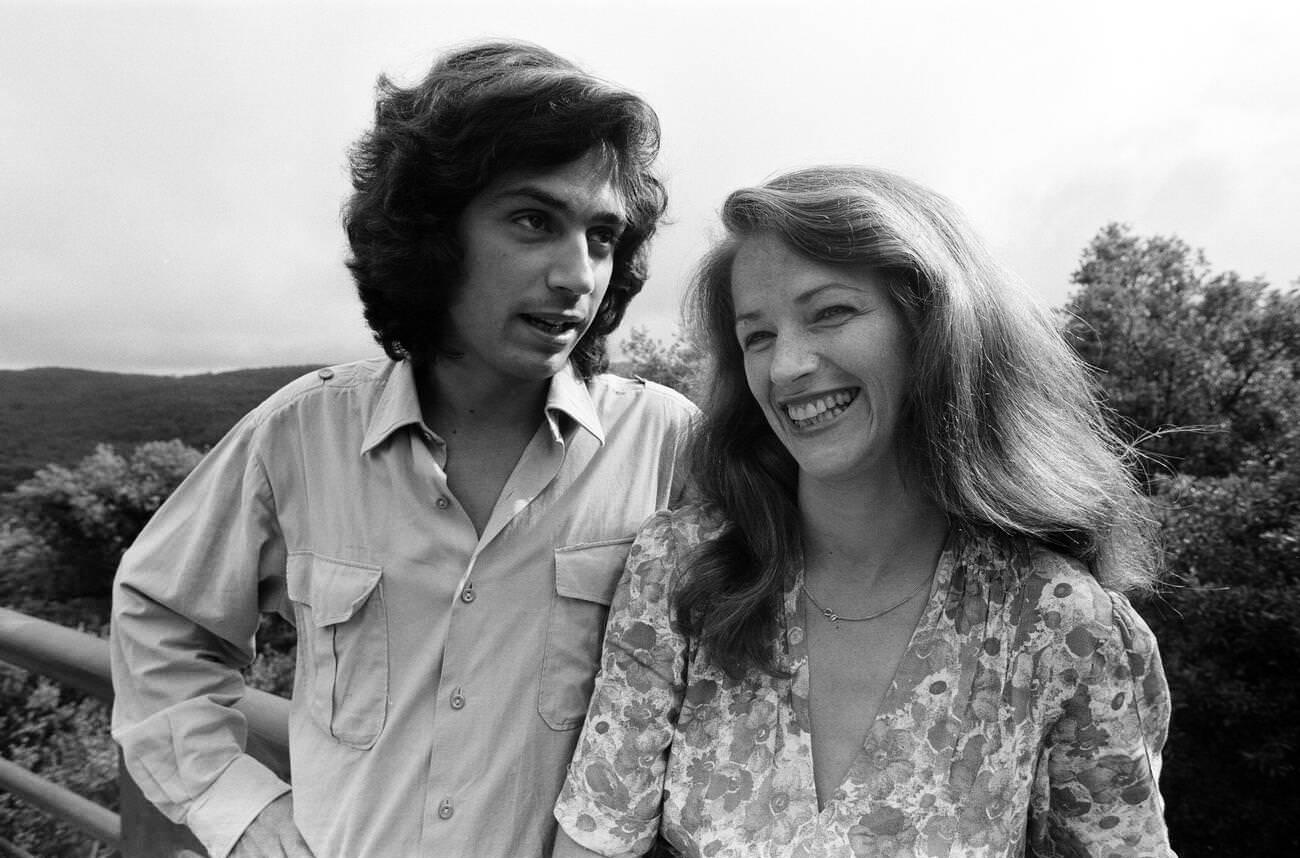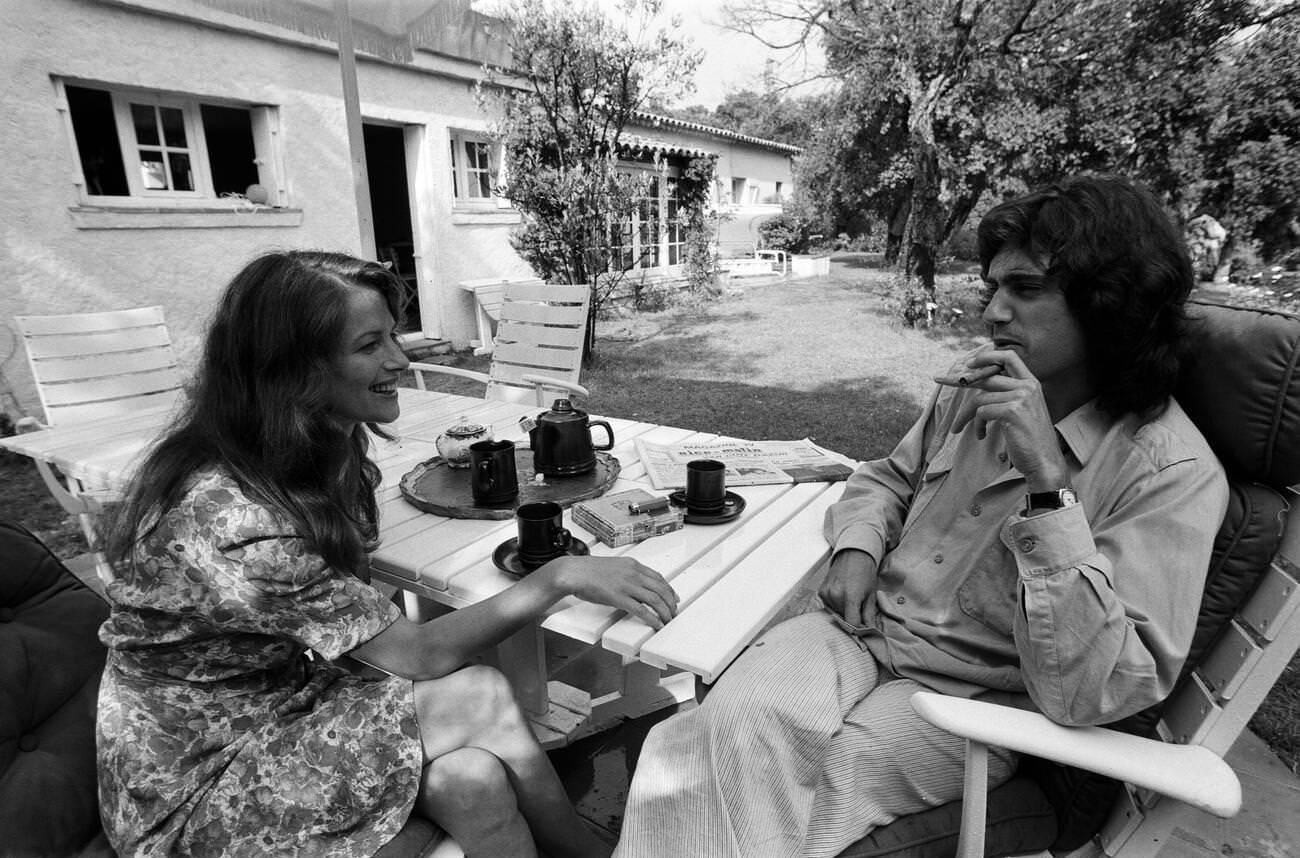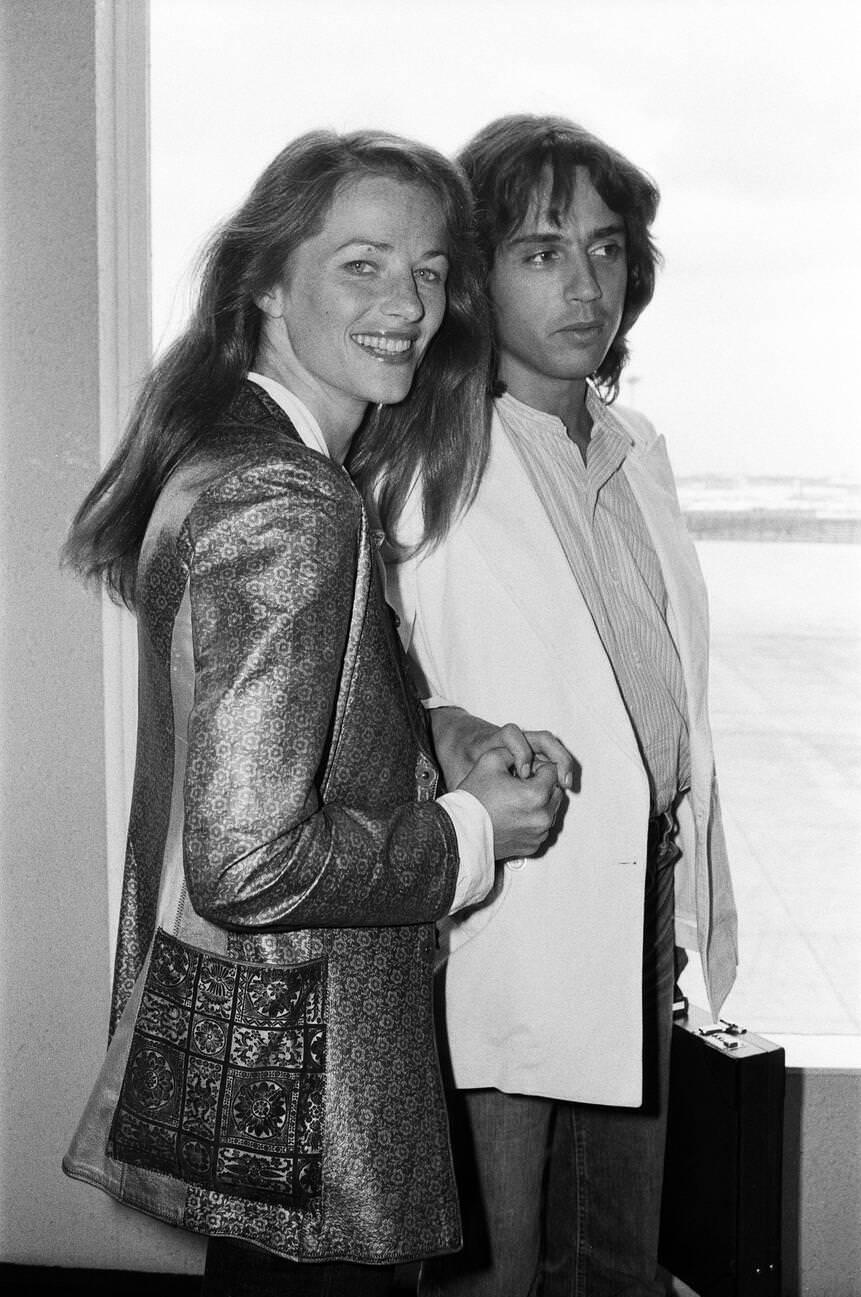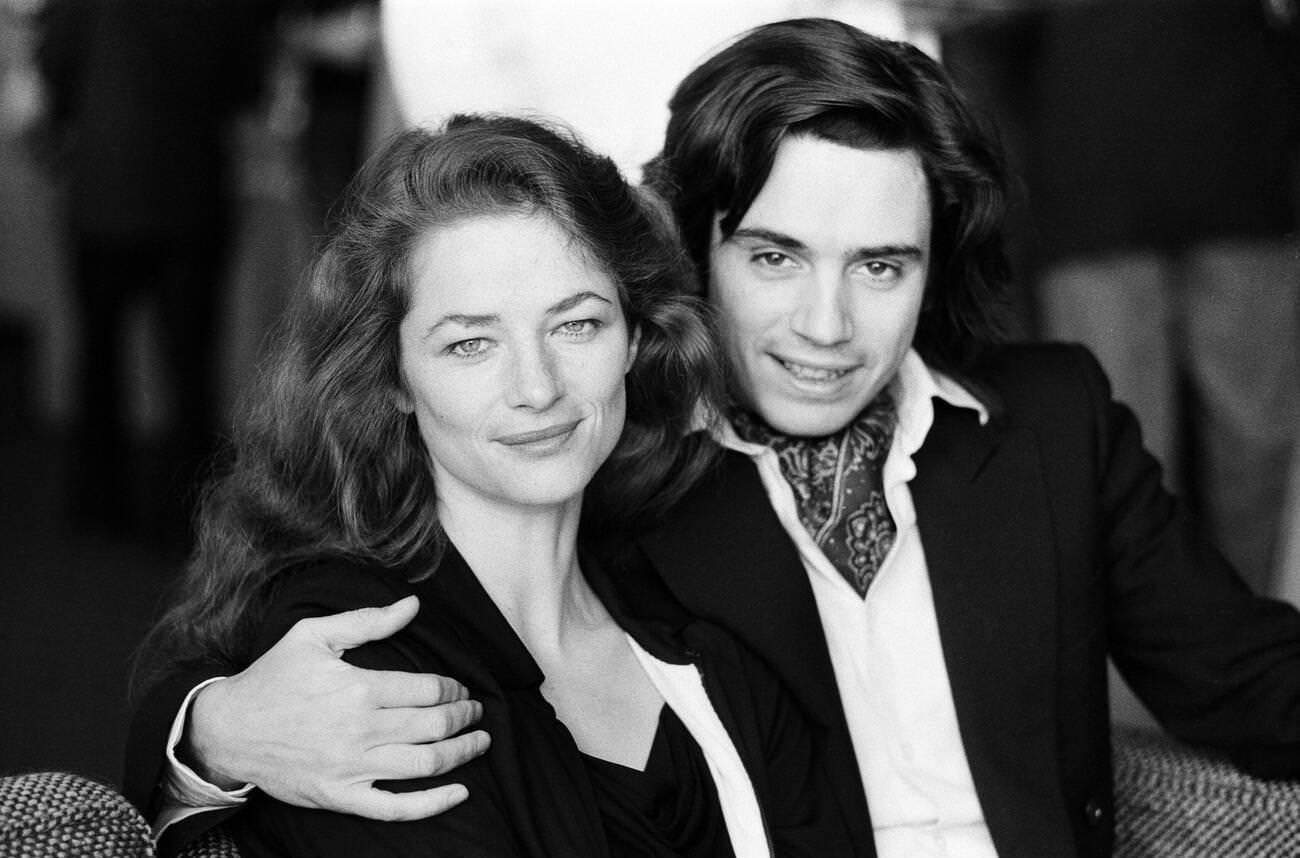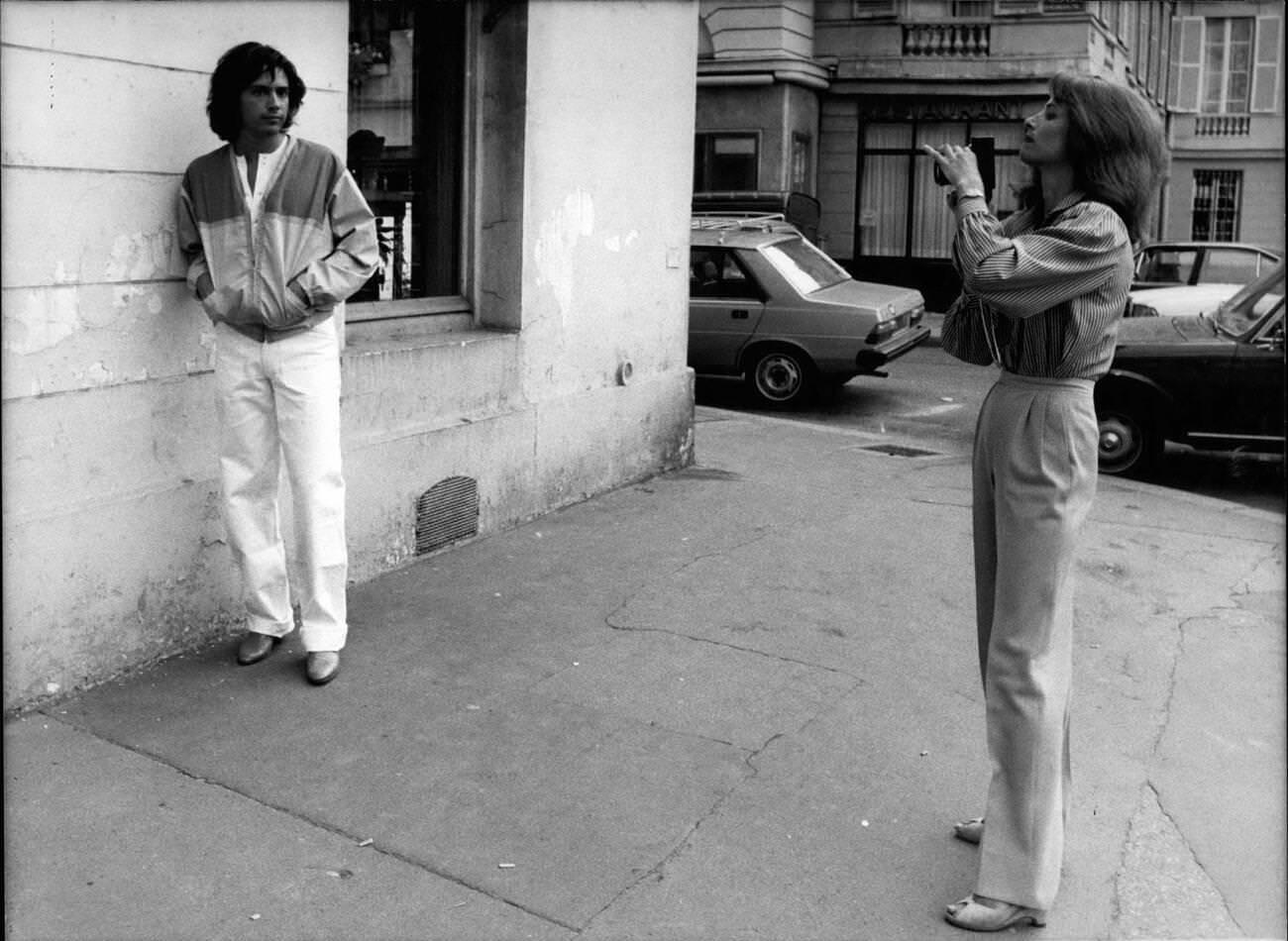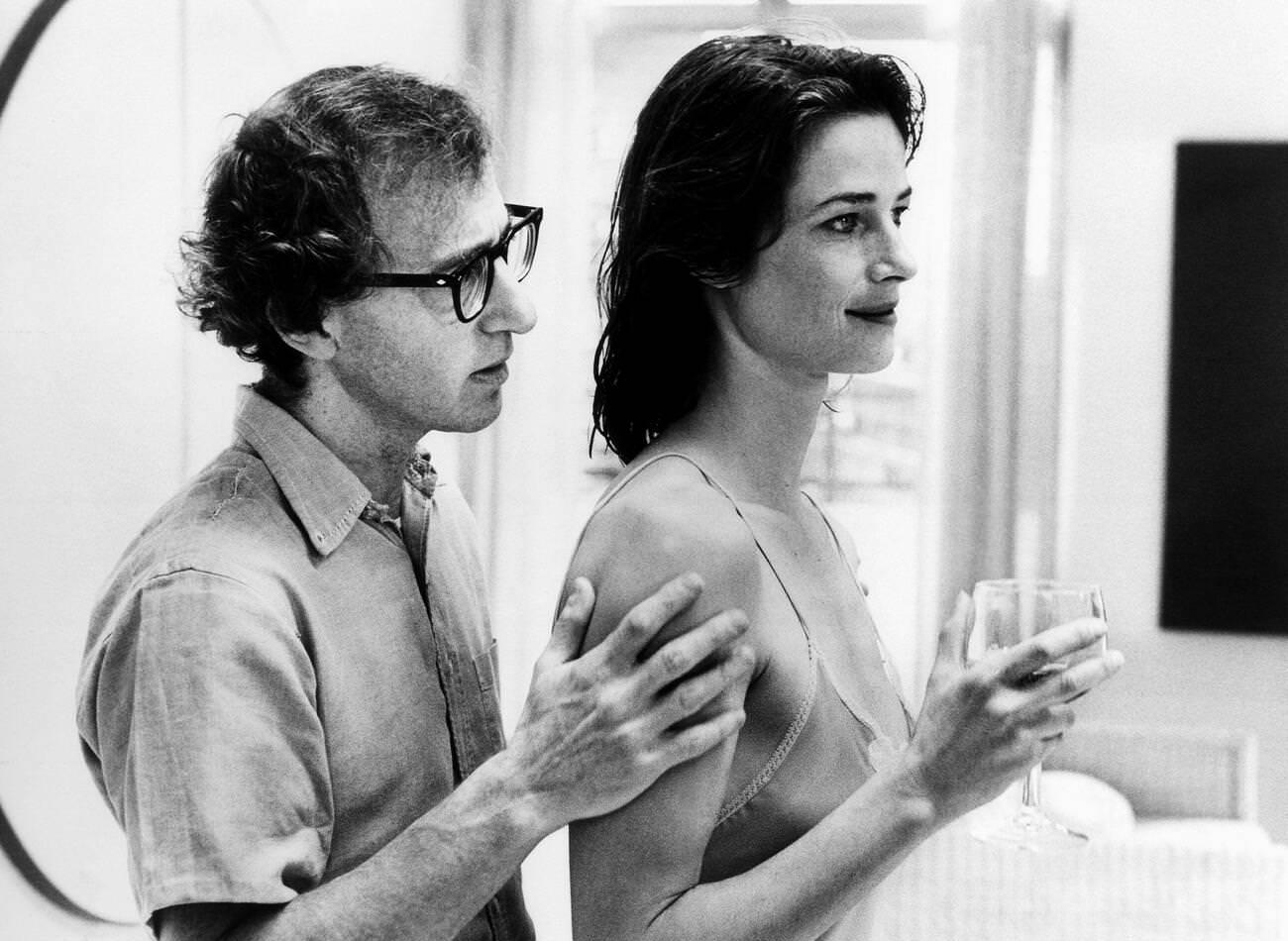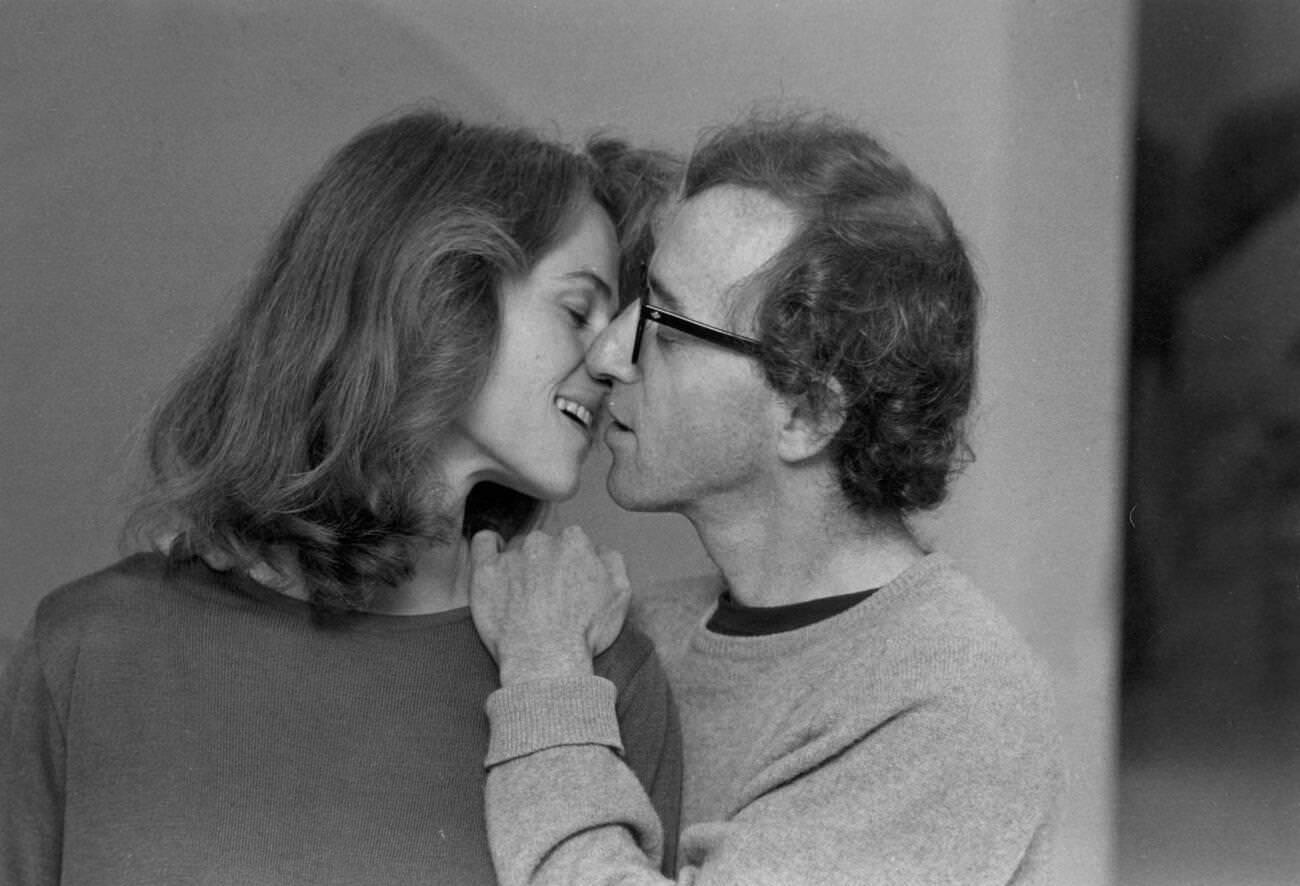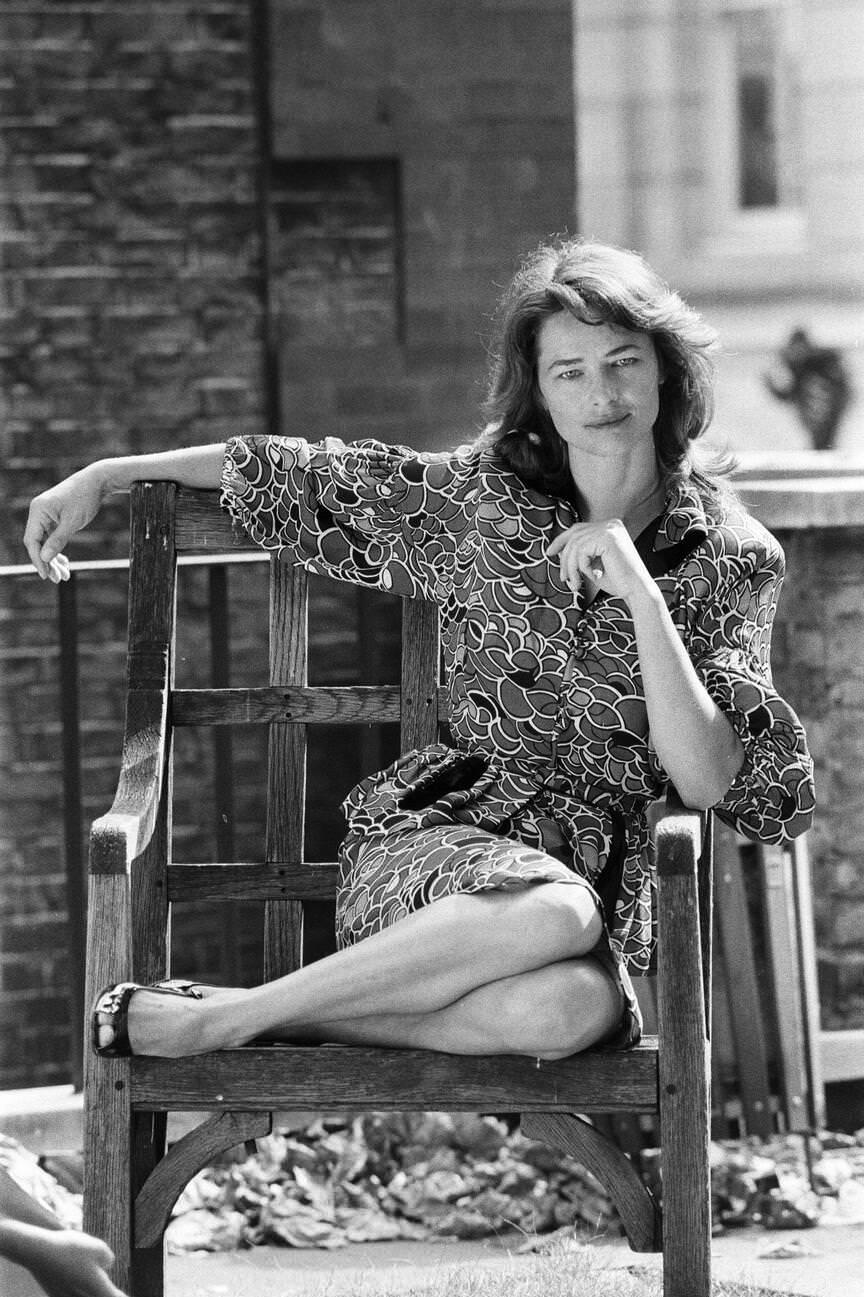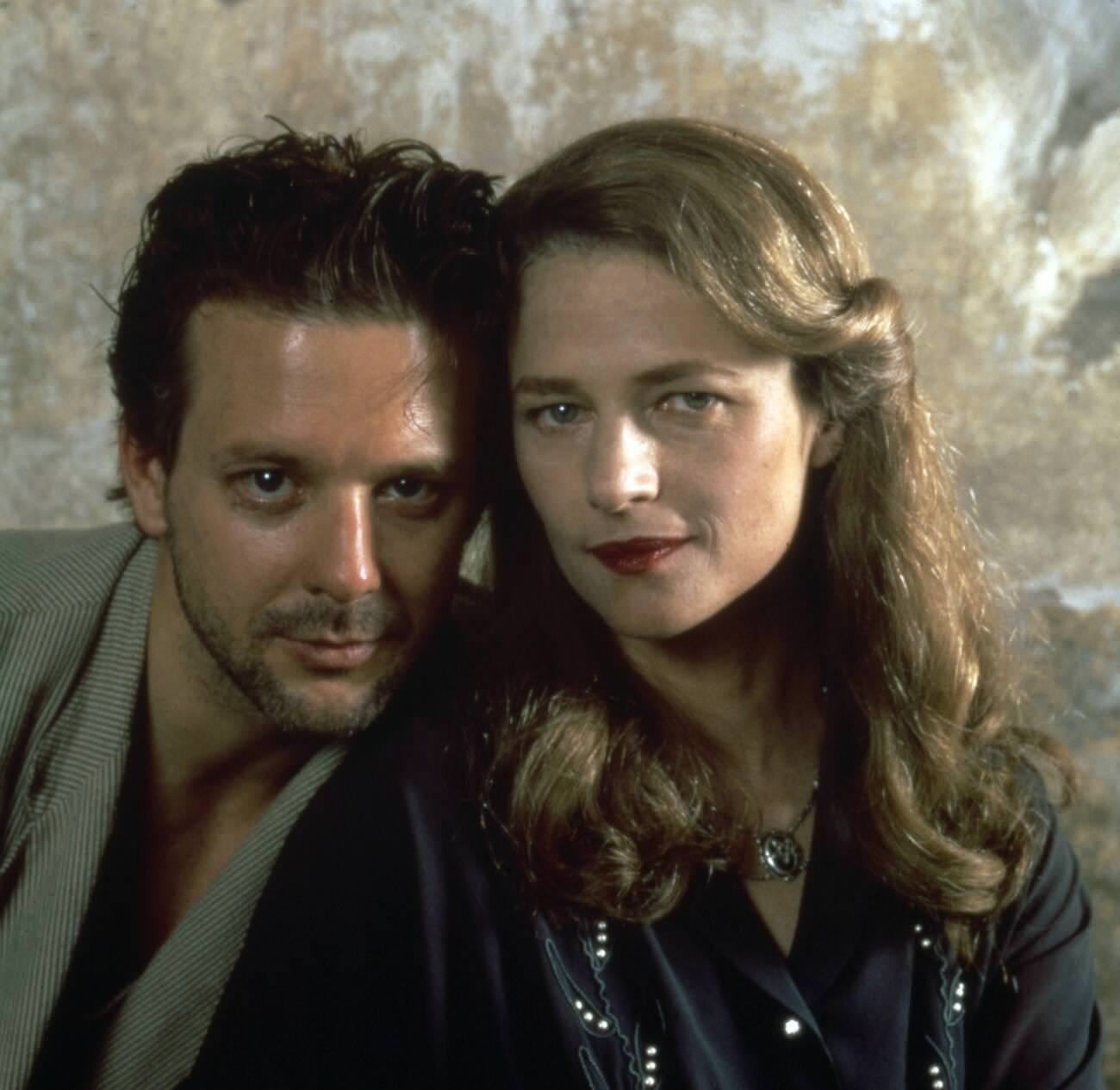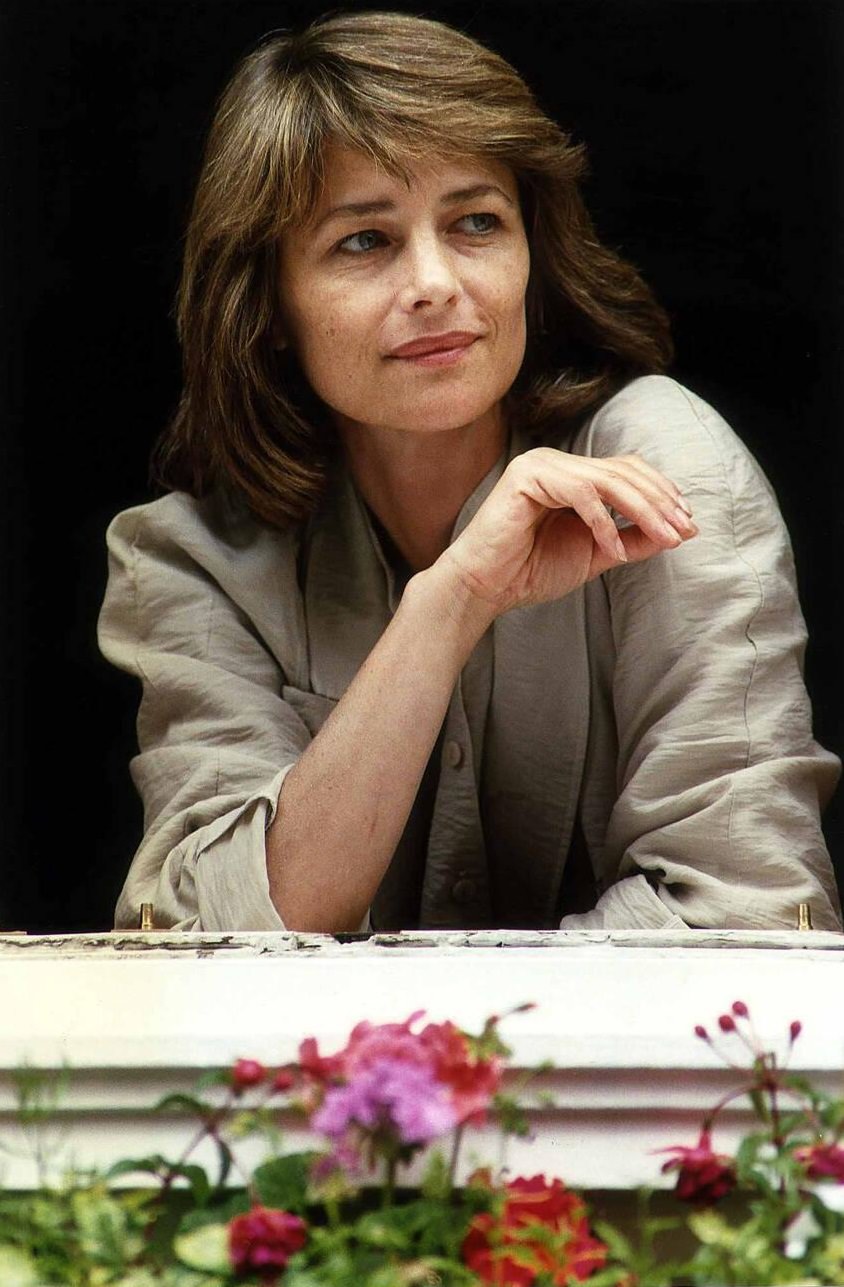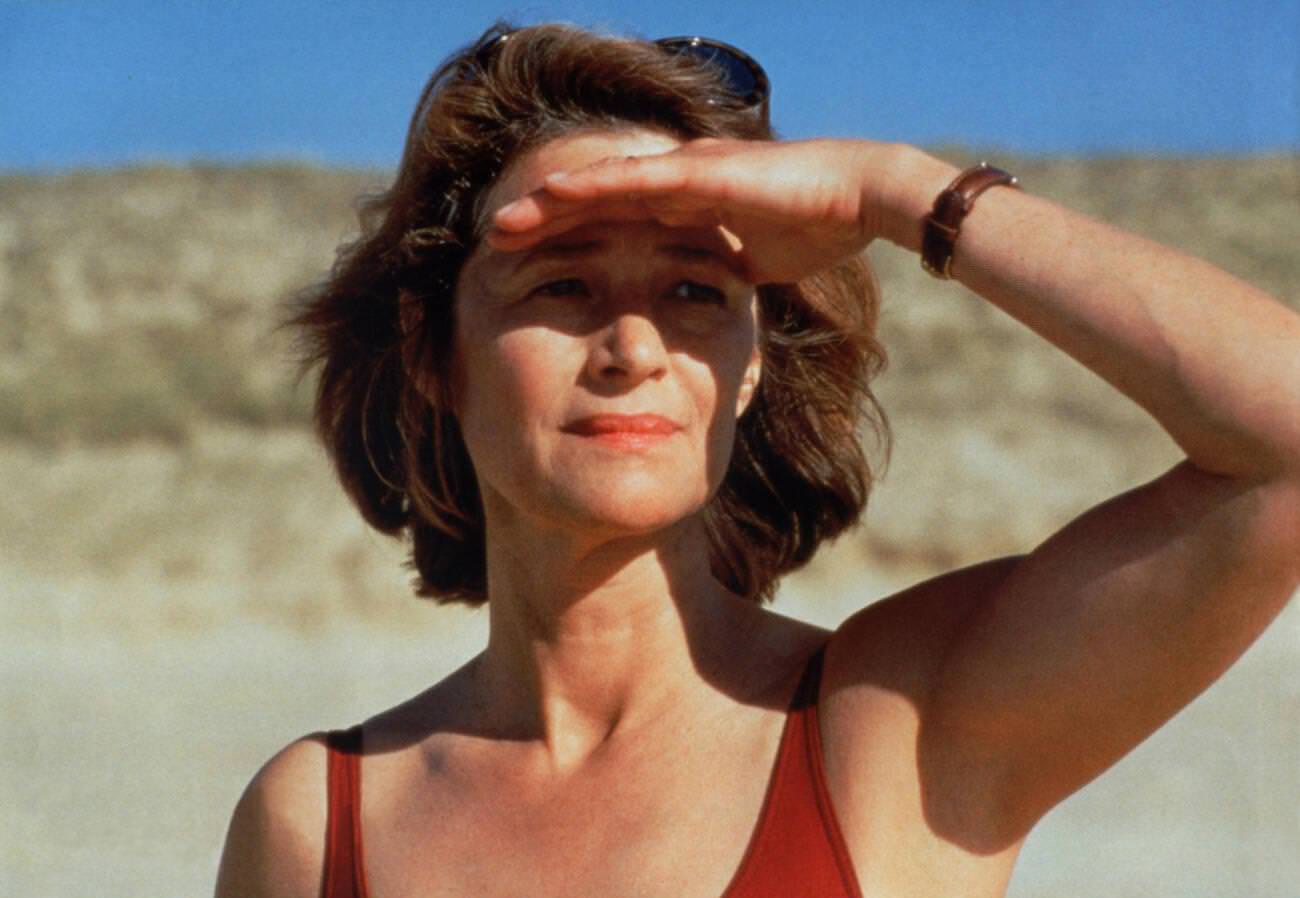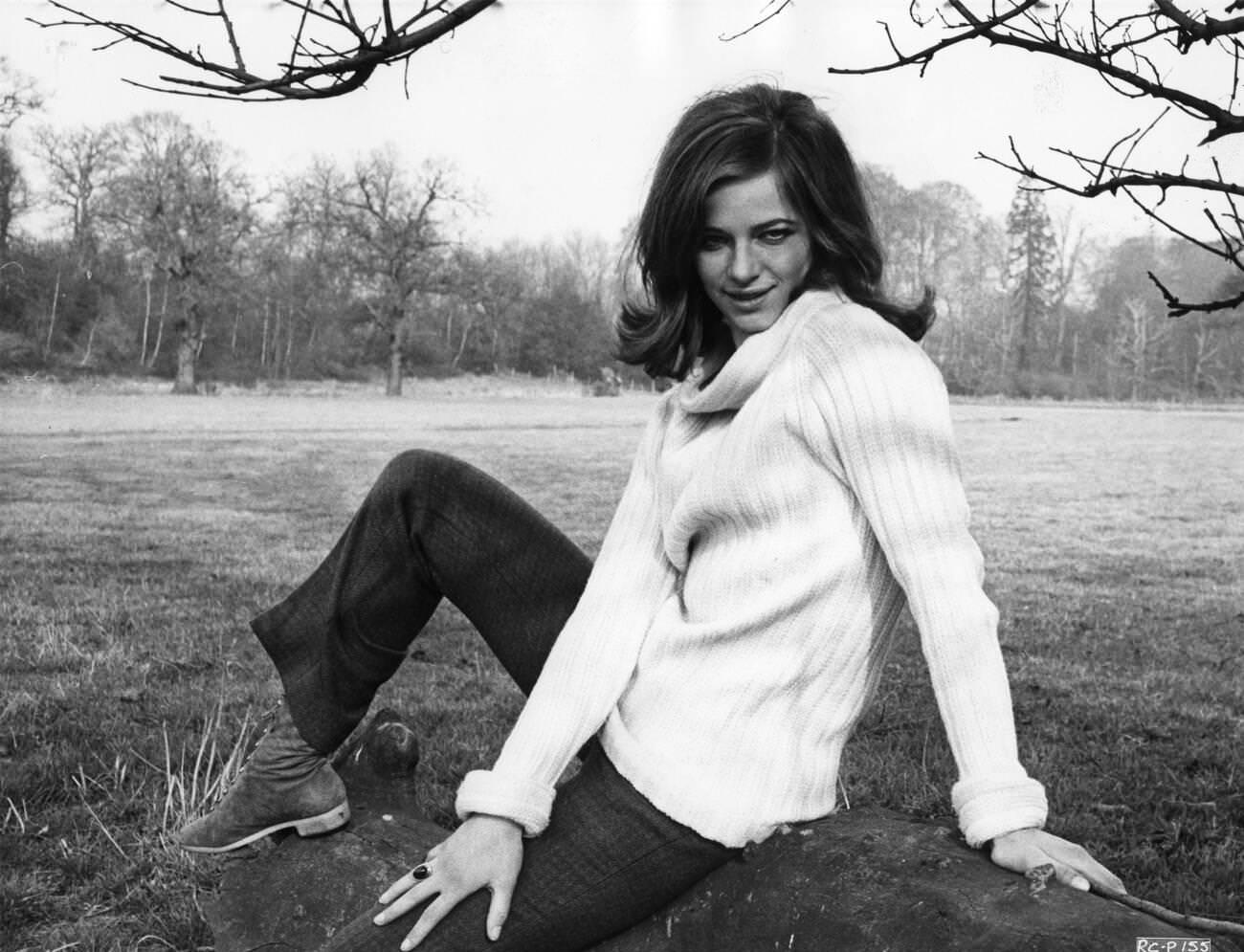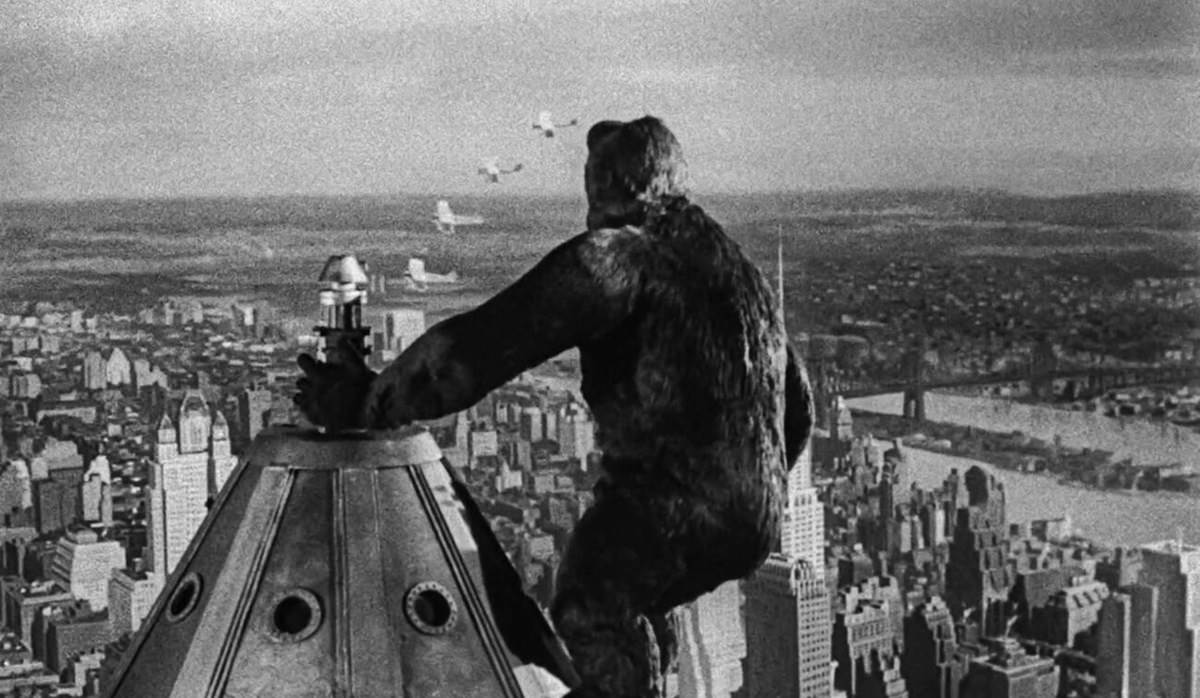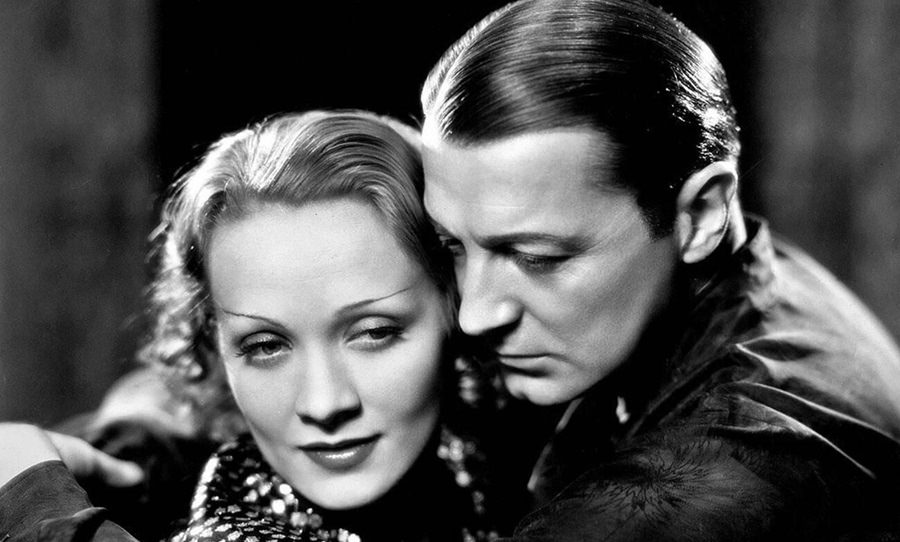Charlotte Rampling, a name that resonates with elegance, mystery, and a touch of defiance. Her journey through the film industry is filled with different characters, artistic choices that pushed boundaries, and a life marked by both personal triumphs and tragedies.
From Military Brat to Fashion It-Girl
Rampling’s childhood was a nomadic one. Born in England, she spent her formative years hopping between Gibraltar, France, and Spain due to her father’s military career. This cross-cultural upbringing undoubtedly contributed to her adaptability and the international flair that would later become her trademark.
By the early 1960s, Rampling had blossomed into a captivating young woman. Her striking beauty caught the attention of the fashion world, and she embarked on a modeling career. With her piercing gaze and enigmatic smile, she graced the pages of magazines and became a sought-after face in advertisements.
Rampling’s foray into acting came in 1966 with the film “Georgy Girl.” While not the lead, her portrayal of Meredith, a sophisticated and manipulative character, hinted at the depth she was capable of. This was a turning point, marking the beginning of a career that would span decades and continents.
The European Arthouse Darling
Rampling’s allure extended beyond the British Isles. European filmmakers were drawn to her exotic beauty and willingness to embrace challenging roles. She became a muse to some of the most celebrated directors of the era, starring in films that pushed the boundaries of convention.
Luchino Visconti’s “The Damned” (1969) cast Rampling as a Nazi sympathizer, a complex character who grappled with moral ambiguity. This was followed by Liliana Cavani’s controversial “The Night Porter” (1974), where she played a Holocaust survivor involved in a sadomasochistic relationship with her former tormentor. These roles solidified Rampling’s reputation for taking on challenging and provocative characters.
While Rampling thrived in the arthouse scene, she wasn’t averse to dabbling in more mainstream fare. She starred alongside Woody Allen in “Stardust Memories” (1980), showcasing her versatility and ability to move between different genres.
Rampling’s career trajectory wasn’t always smooth sailing. There were periods of relative obscurity, films that were met with mixed reviews, and even a few box office disappointments. But she always bounced back, her resilience and unwavering commitment to her craft a testament to her strength of character.


